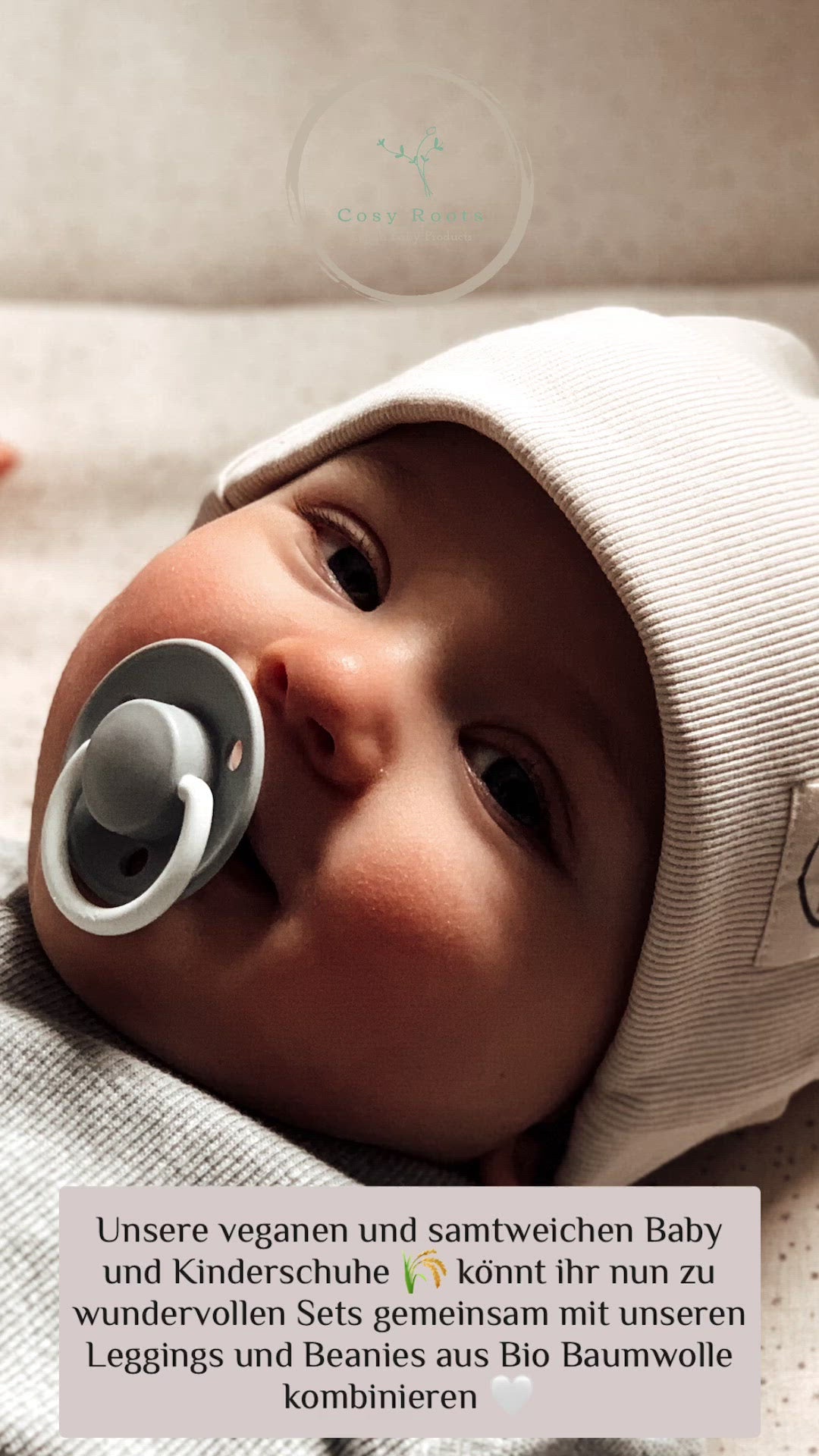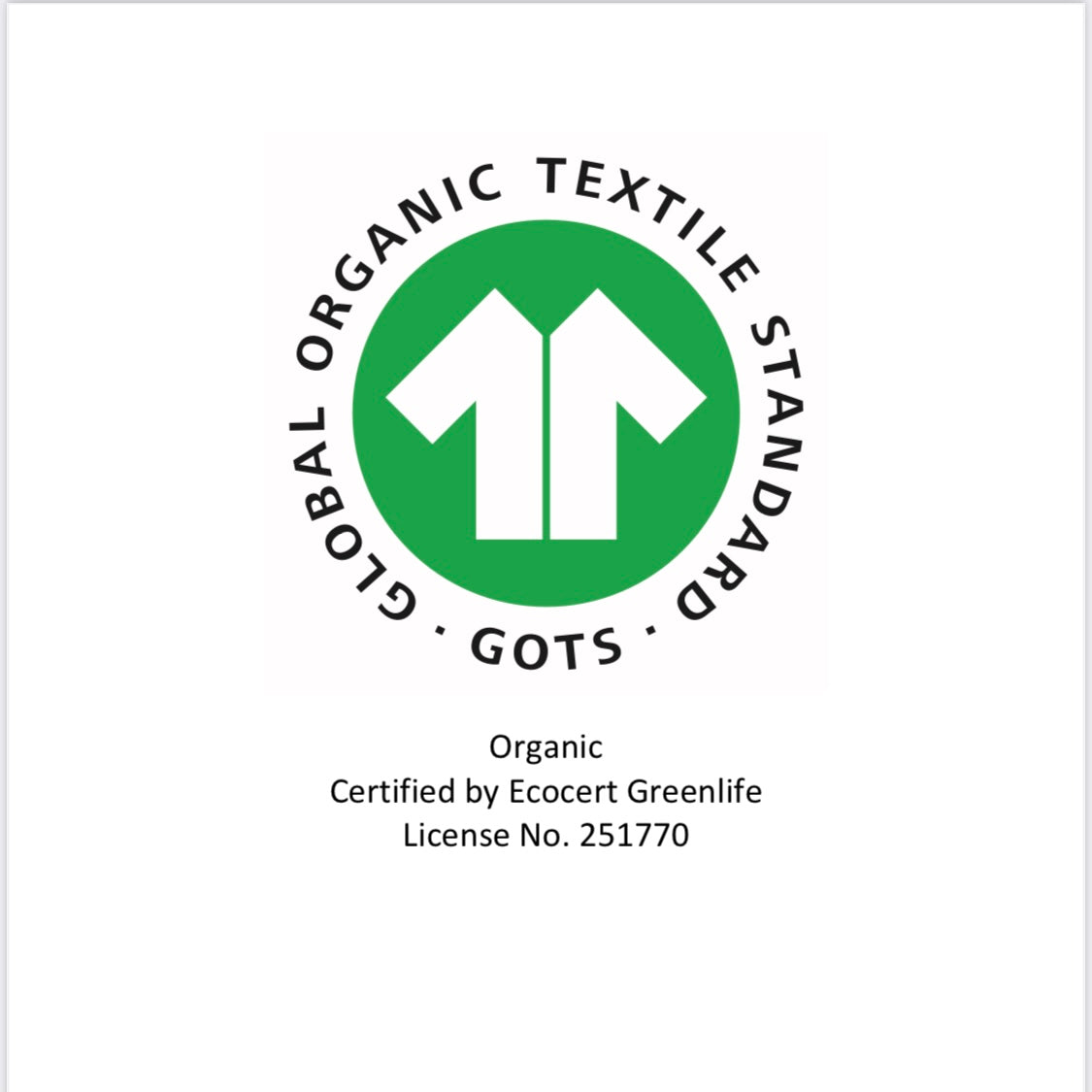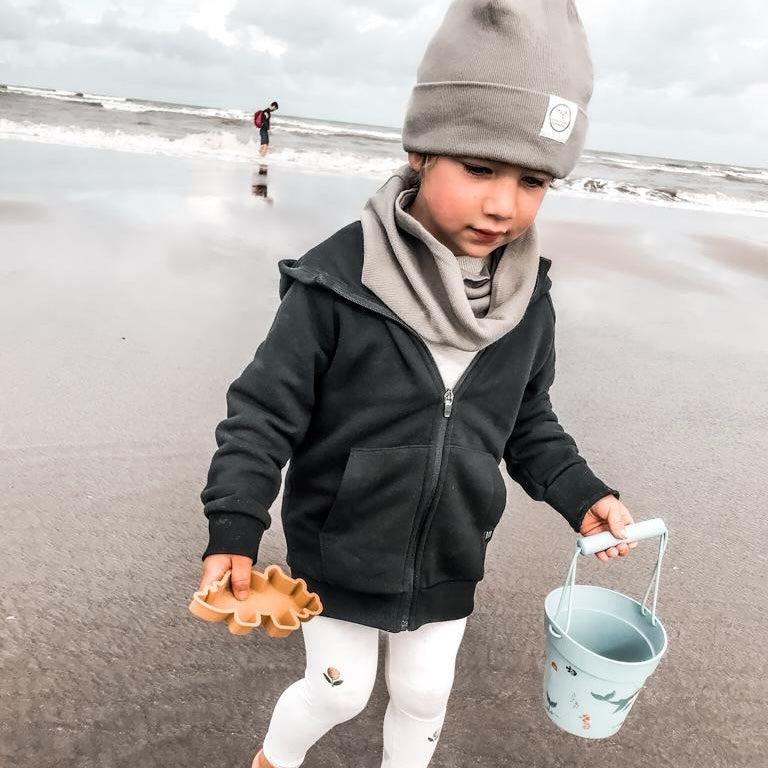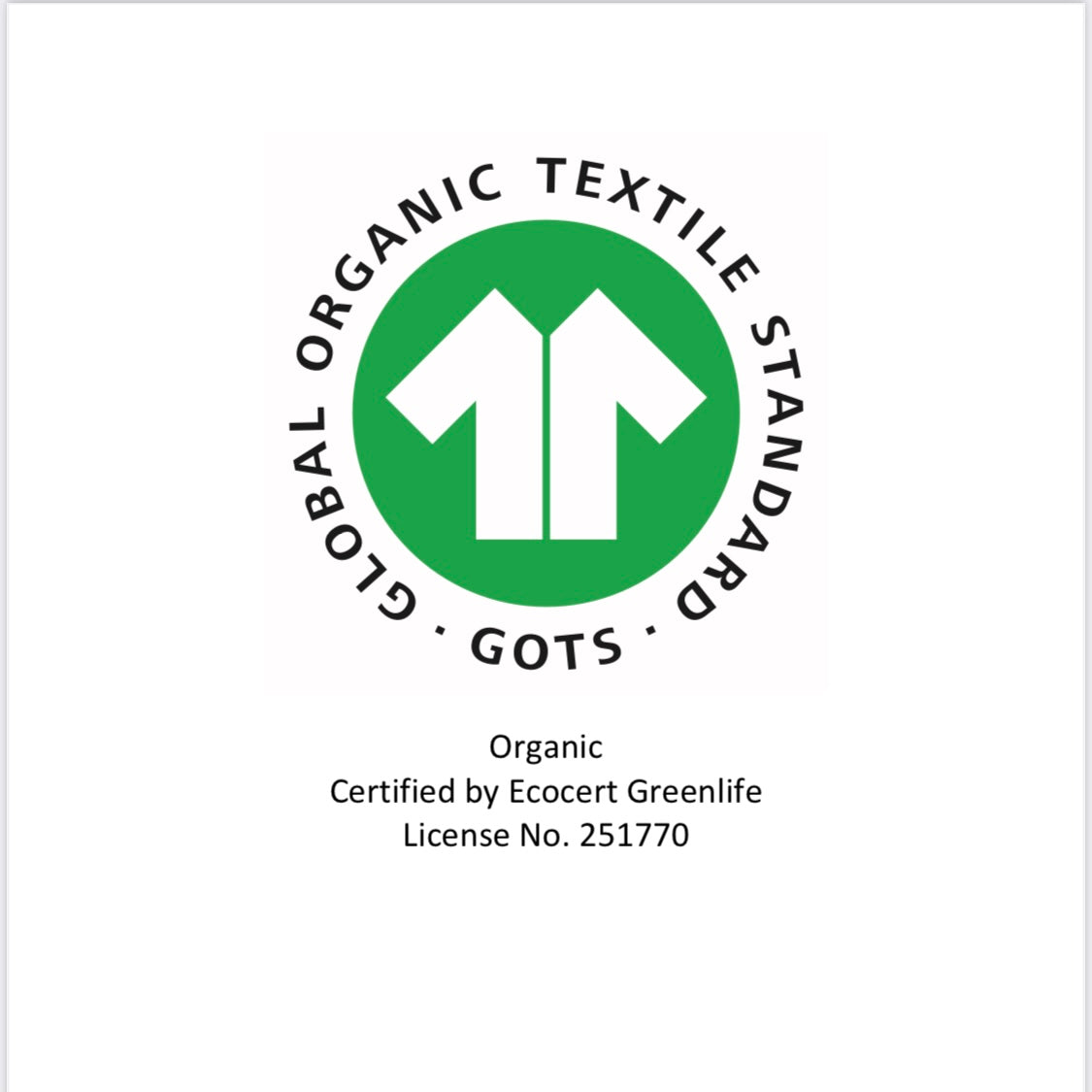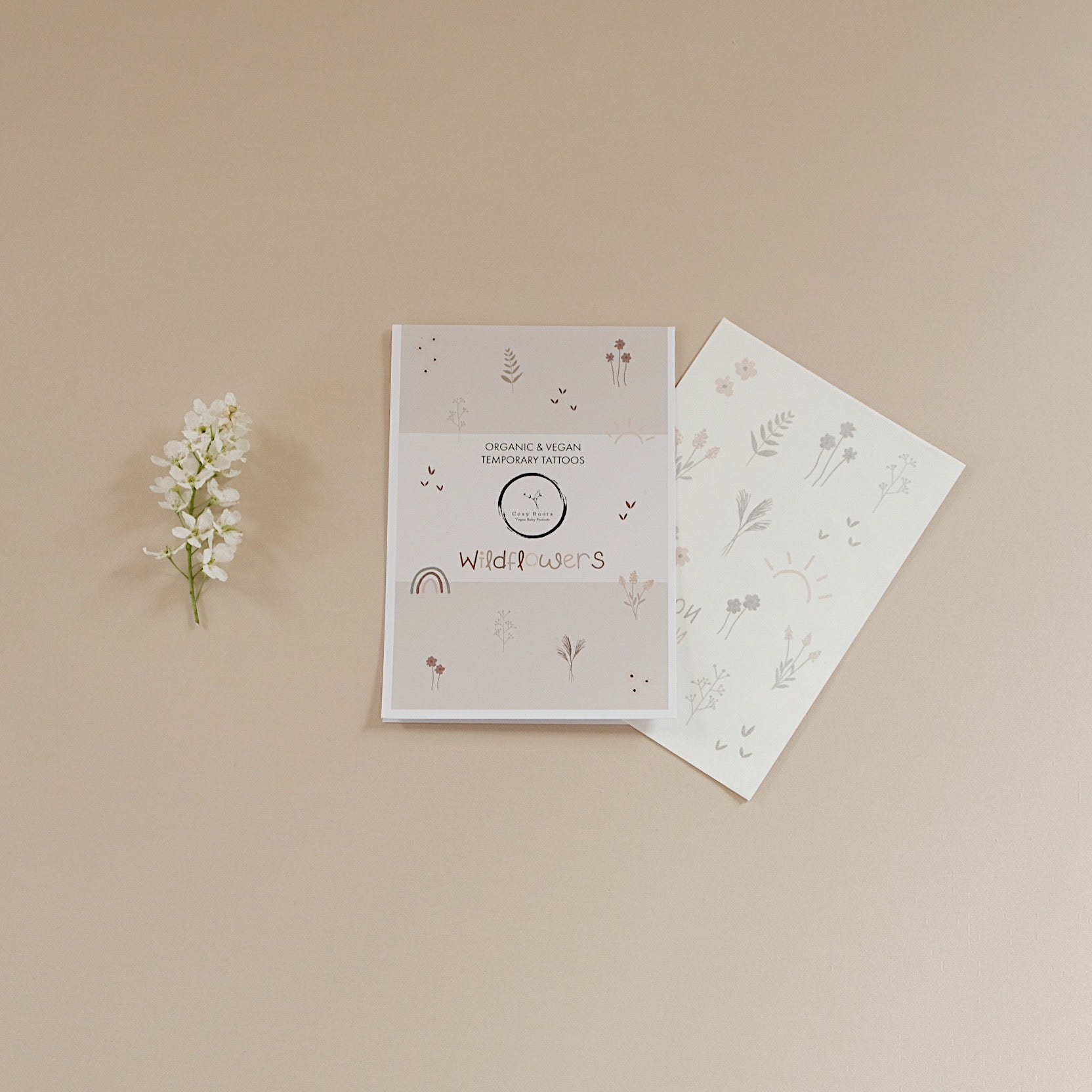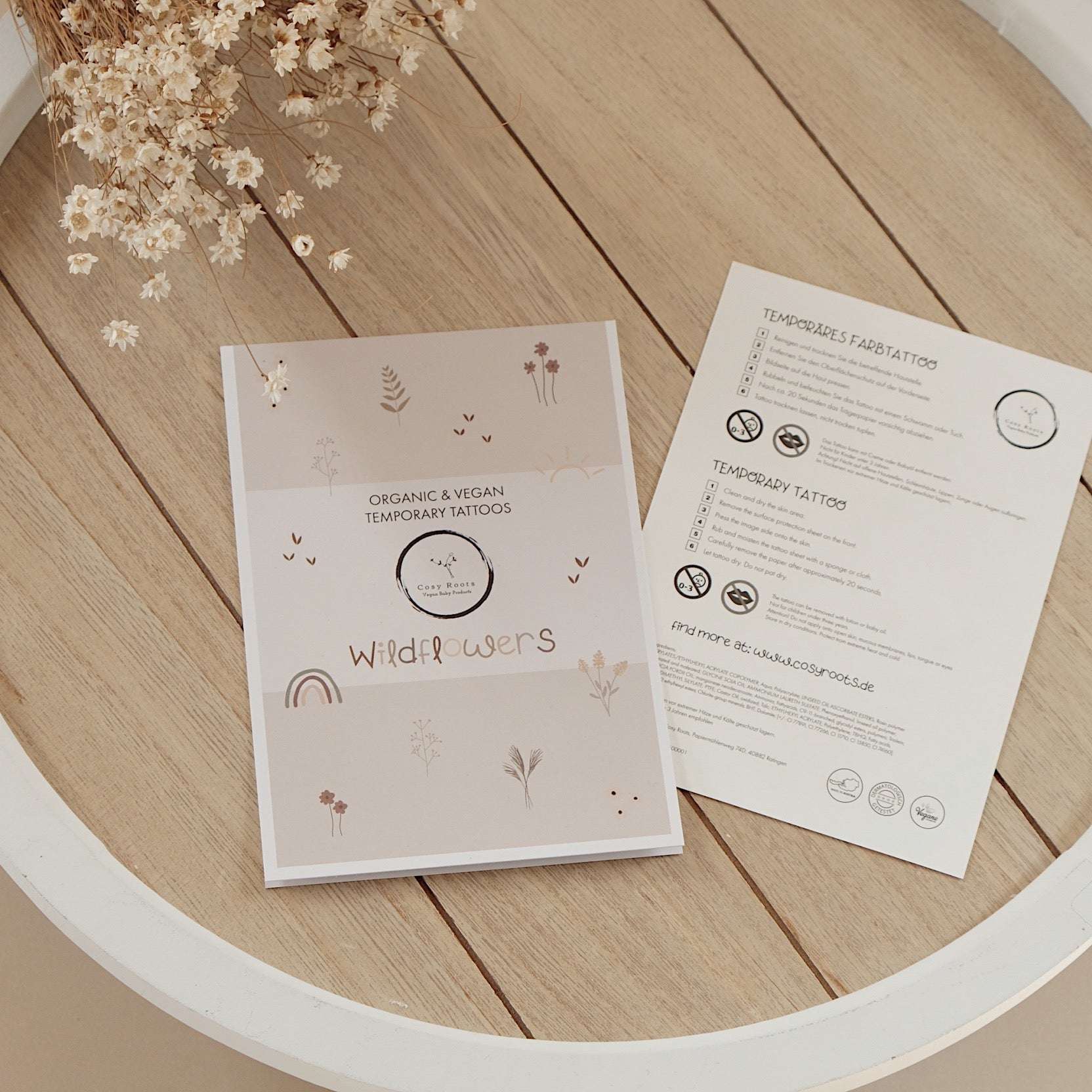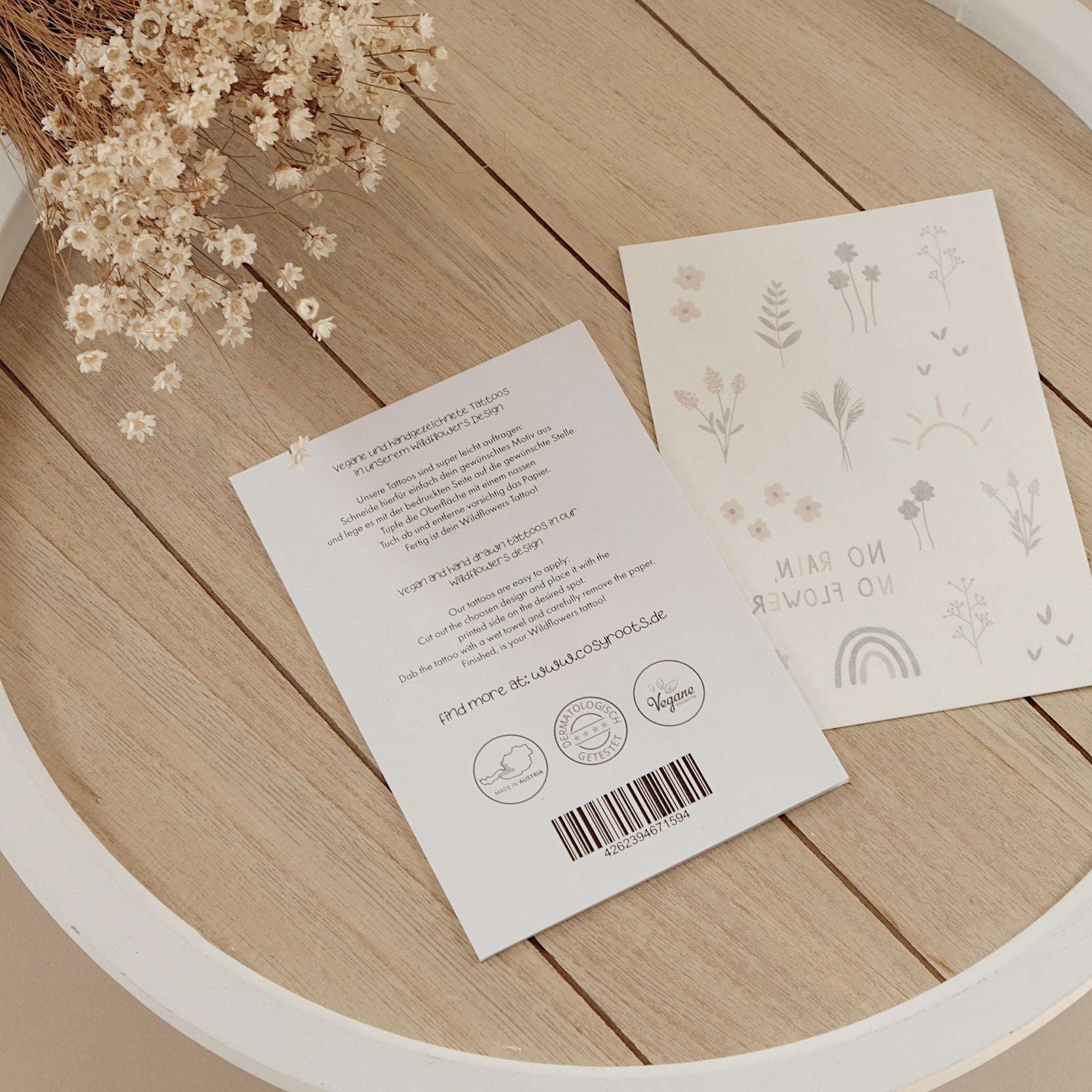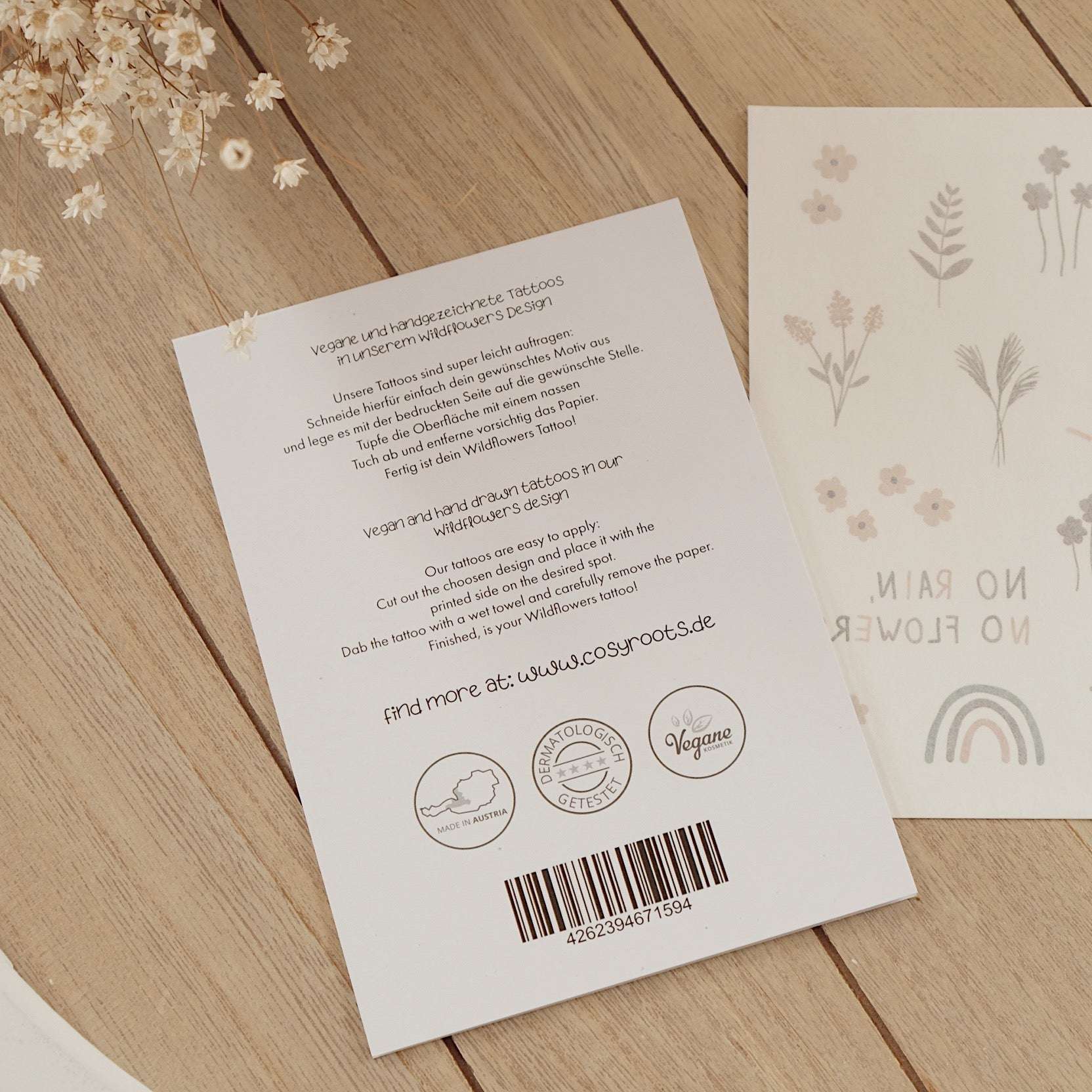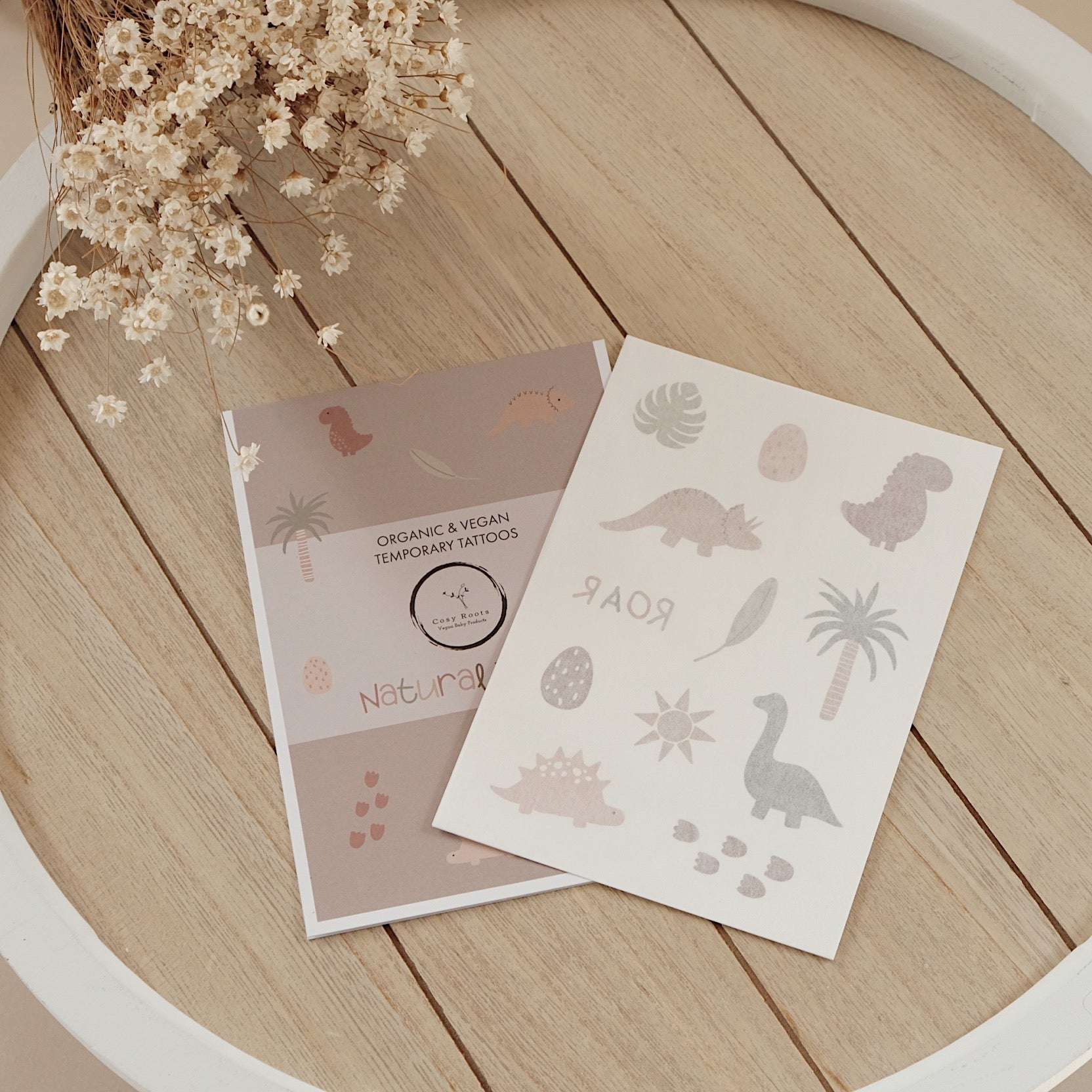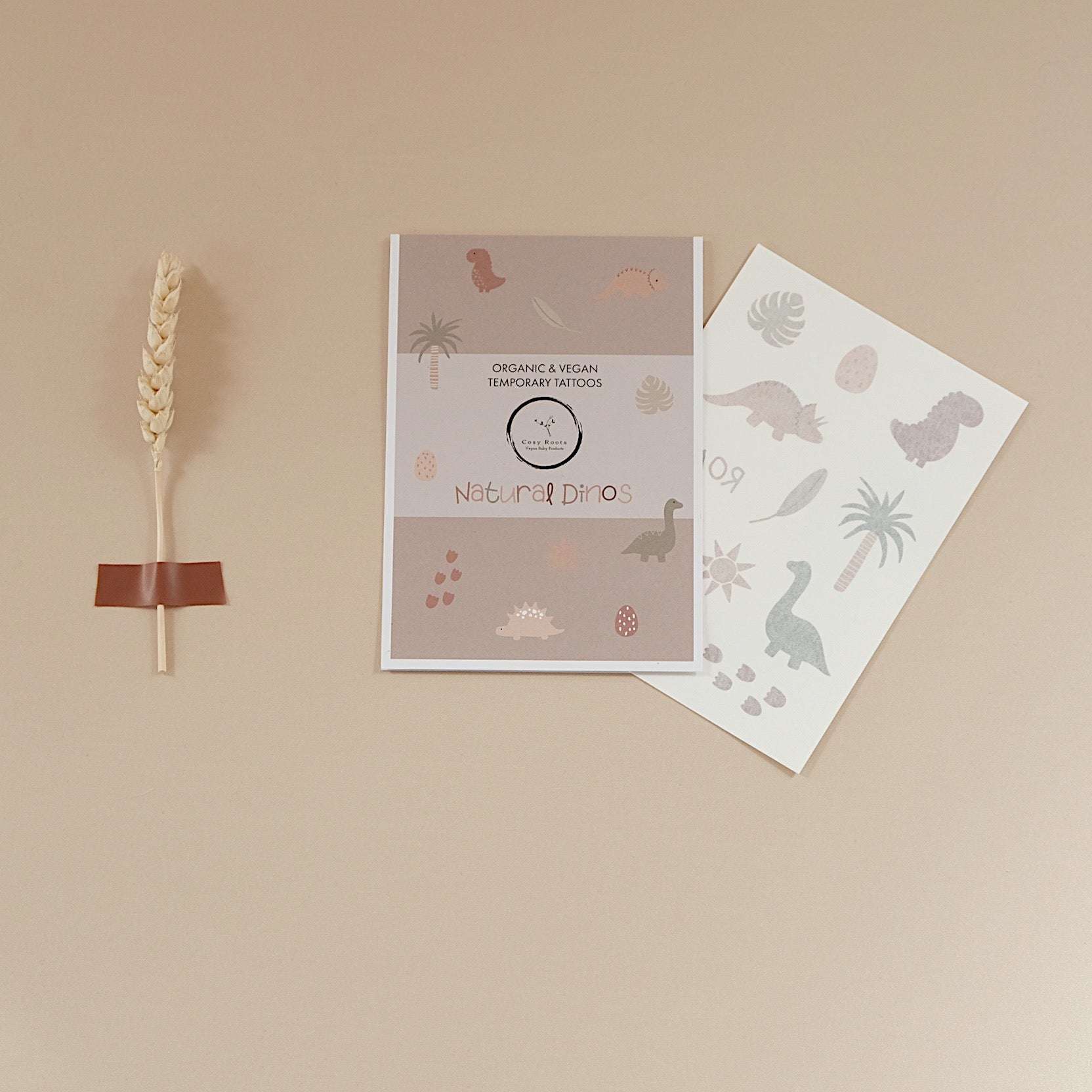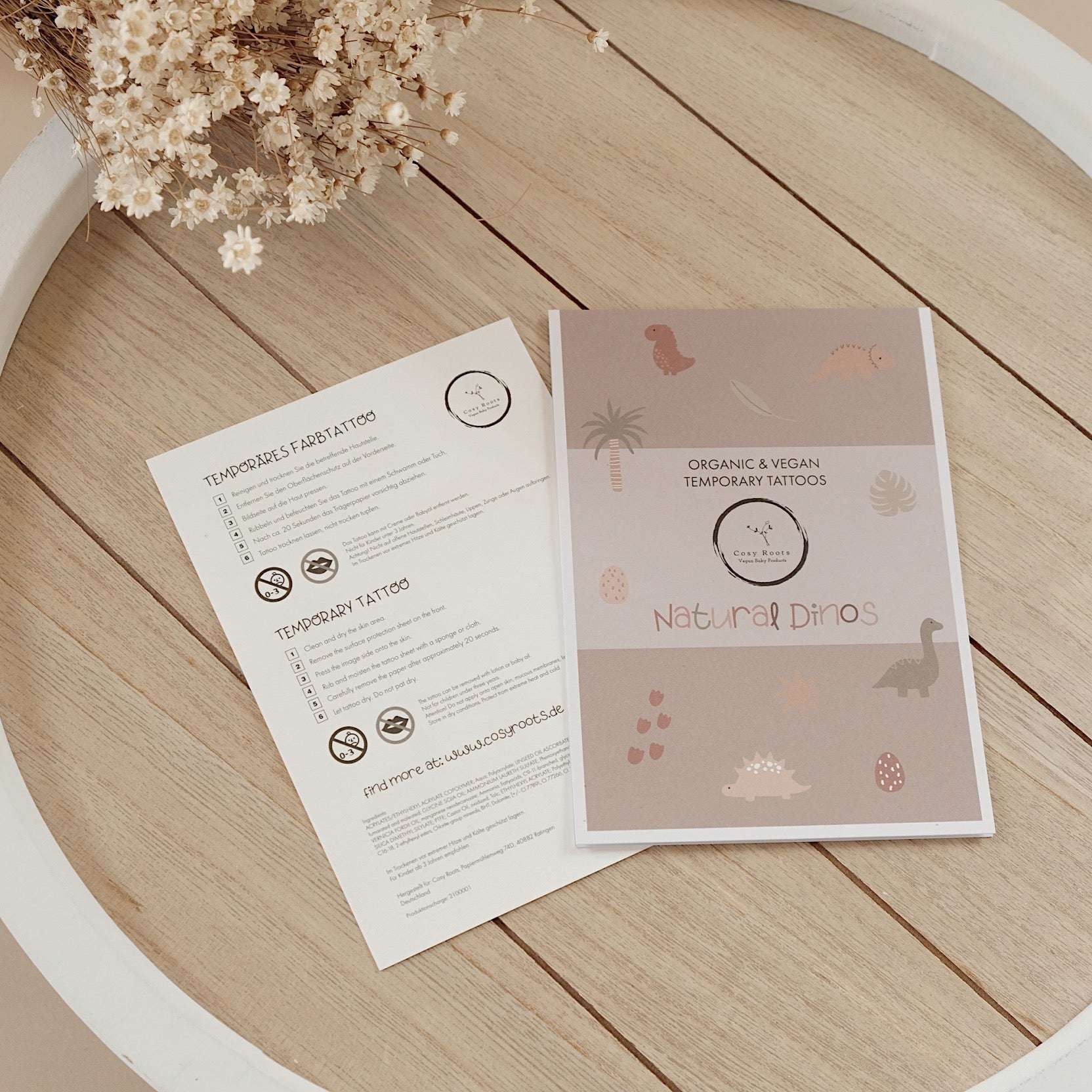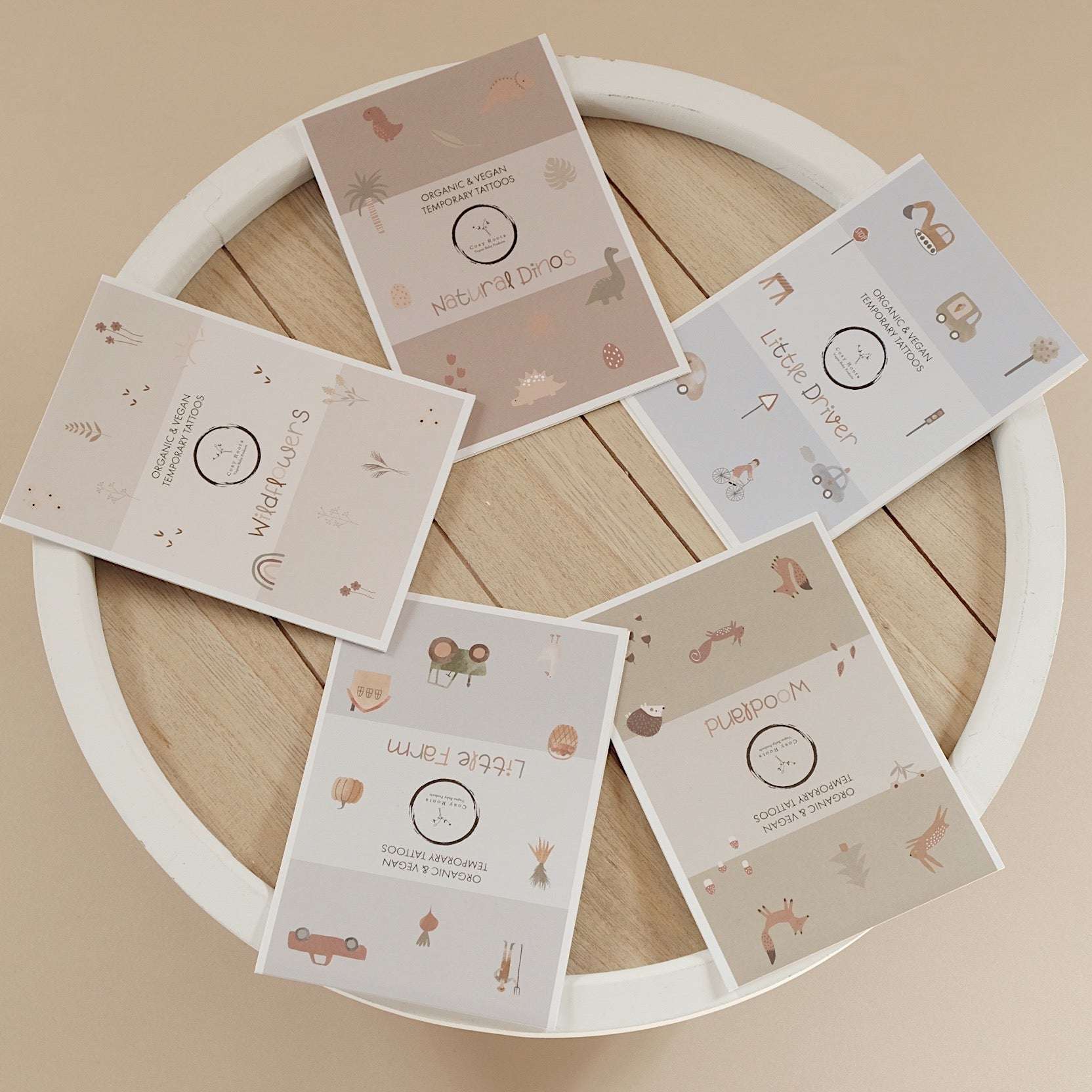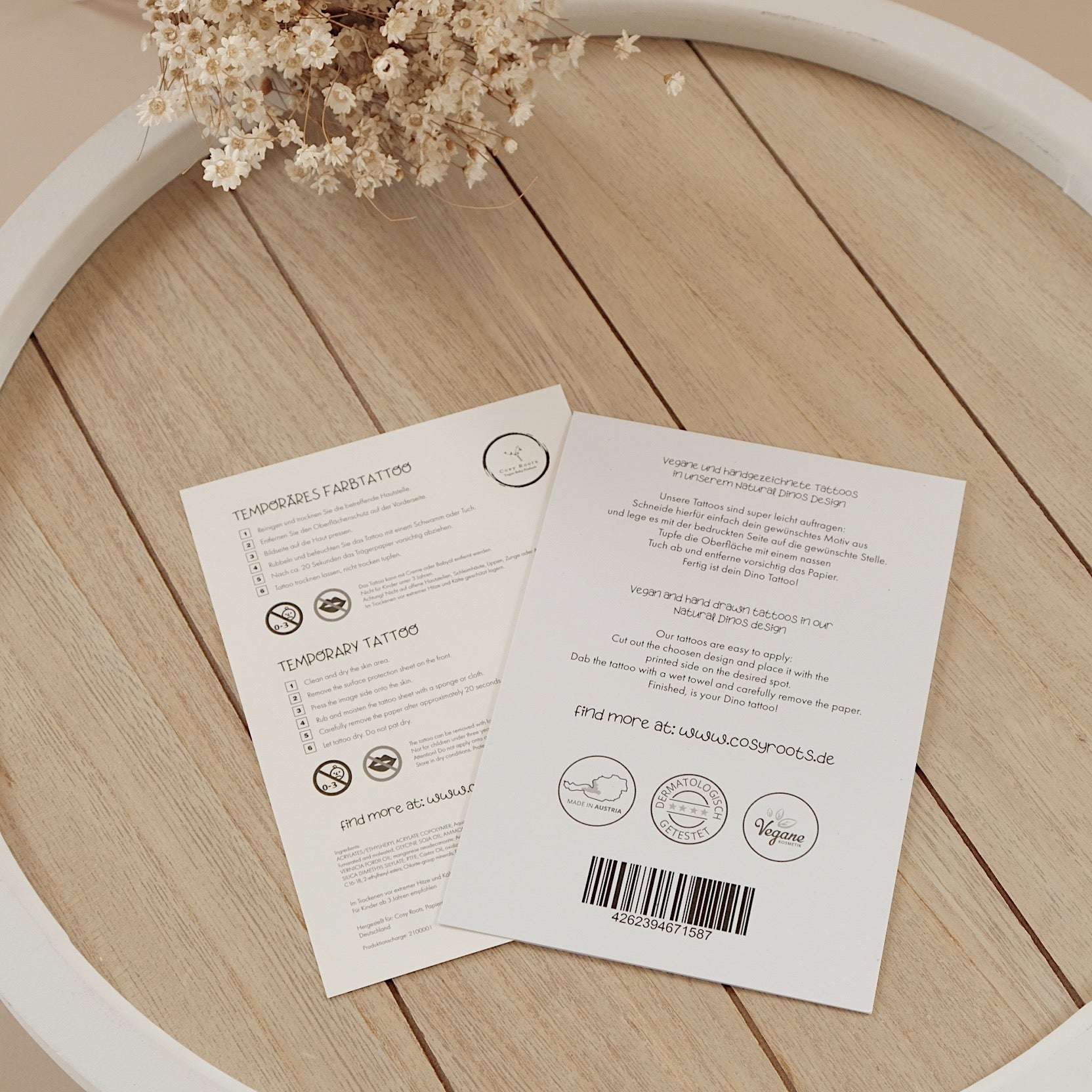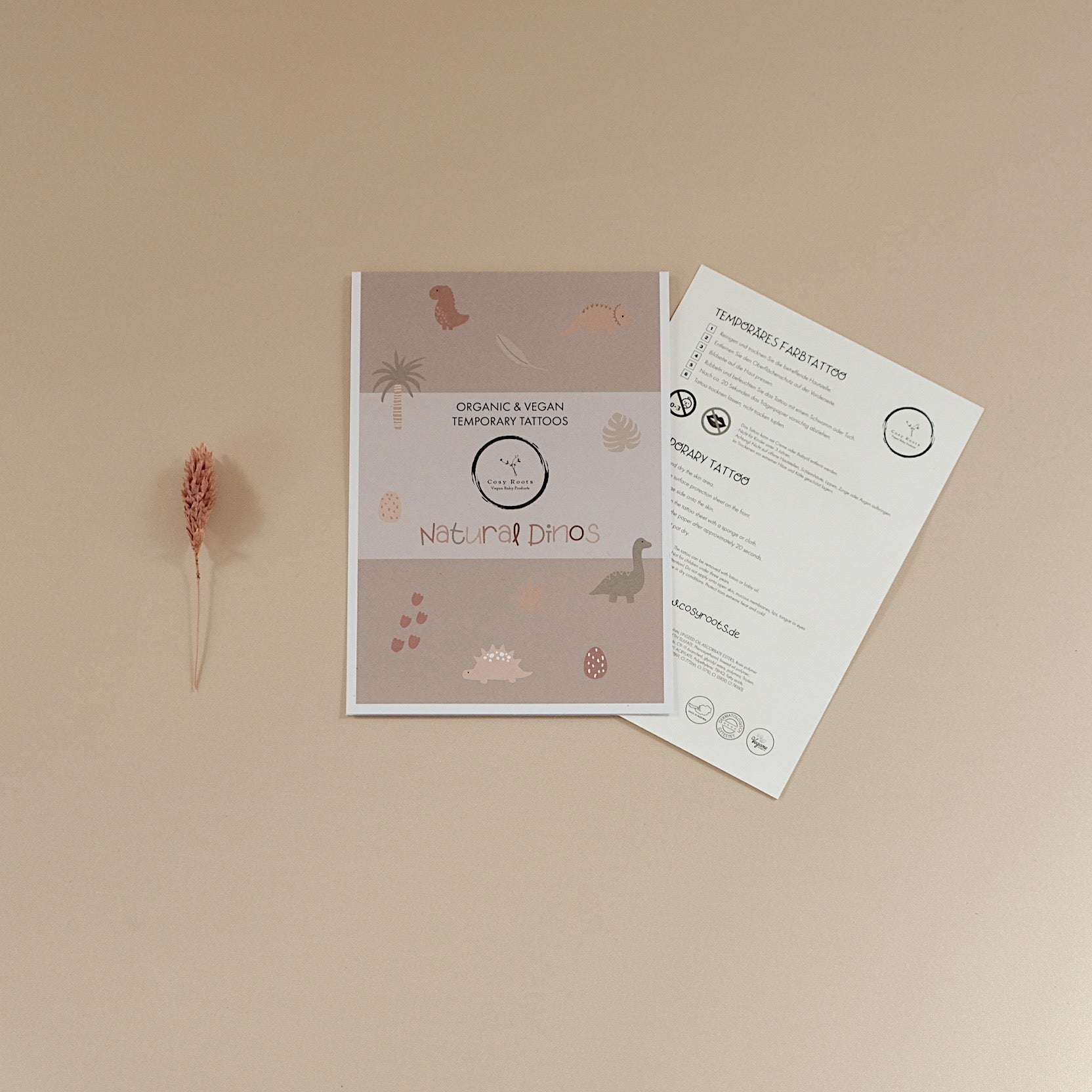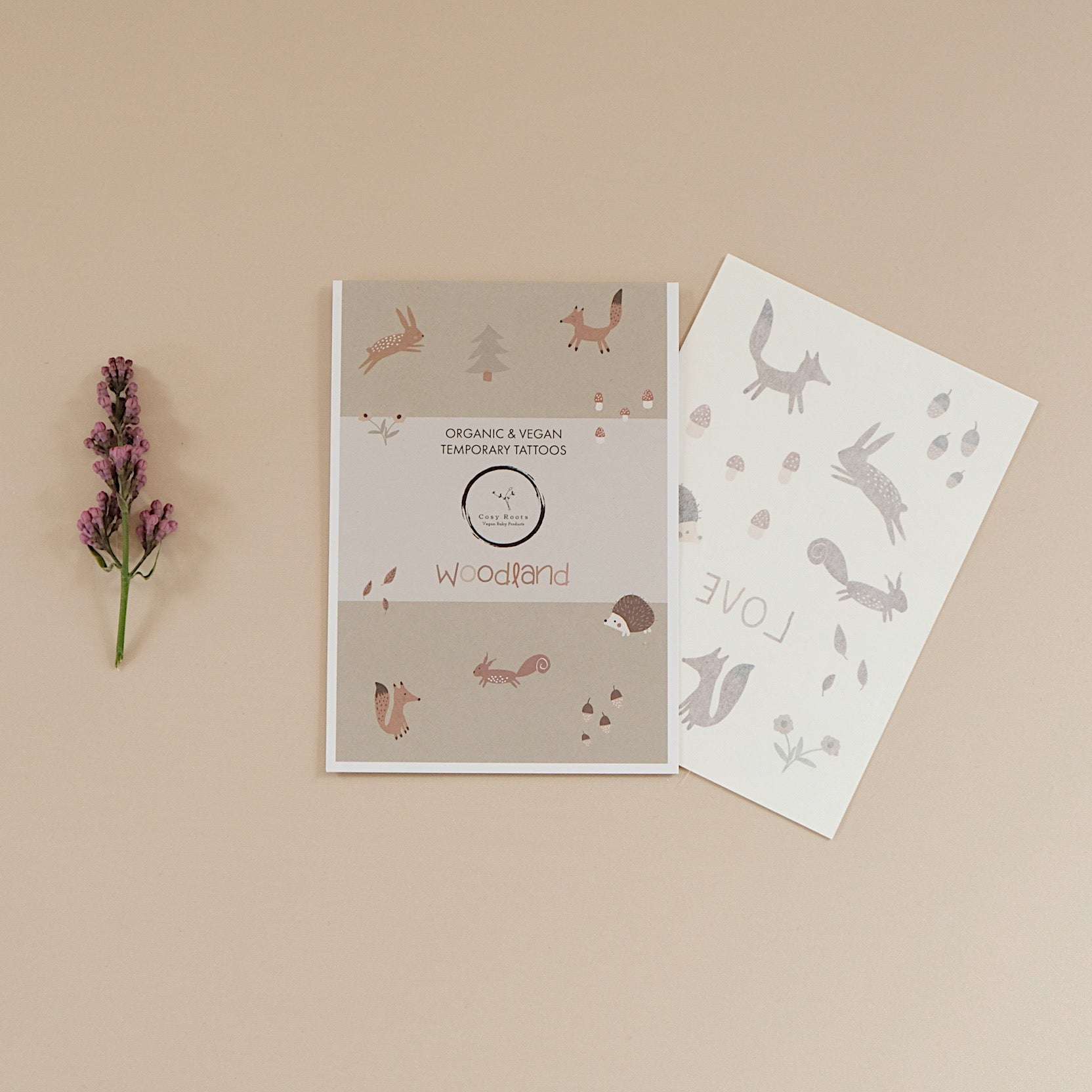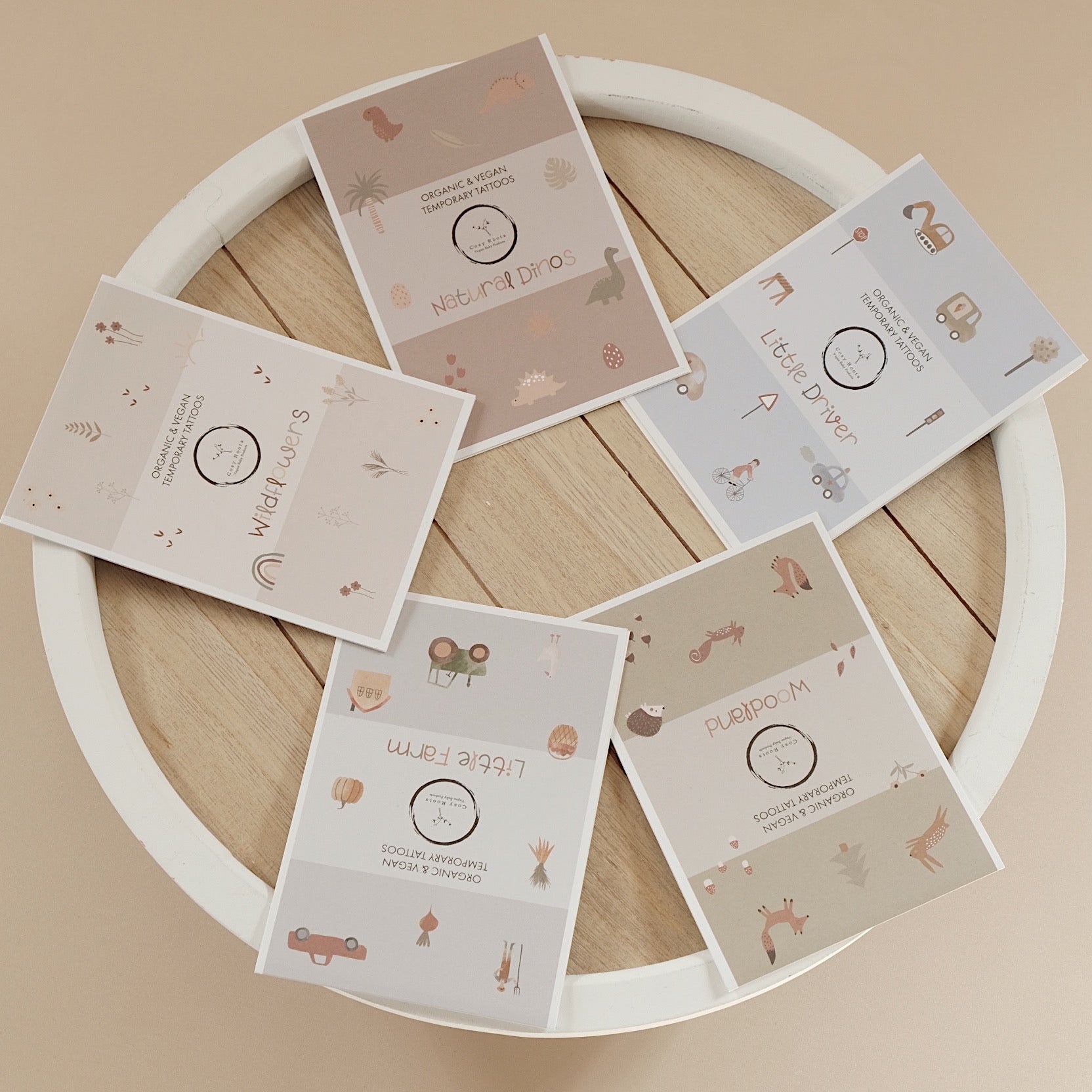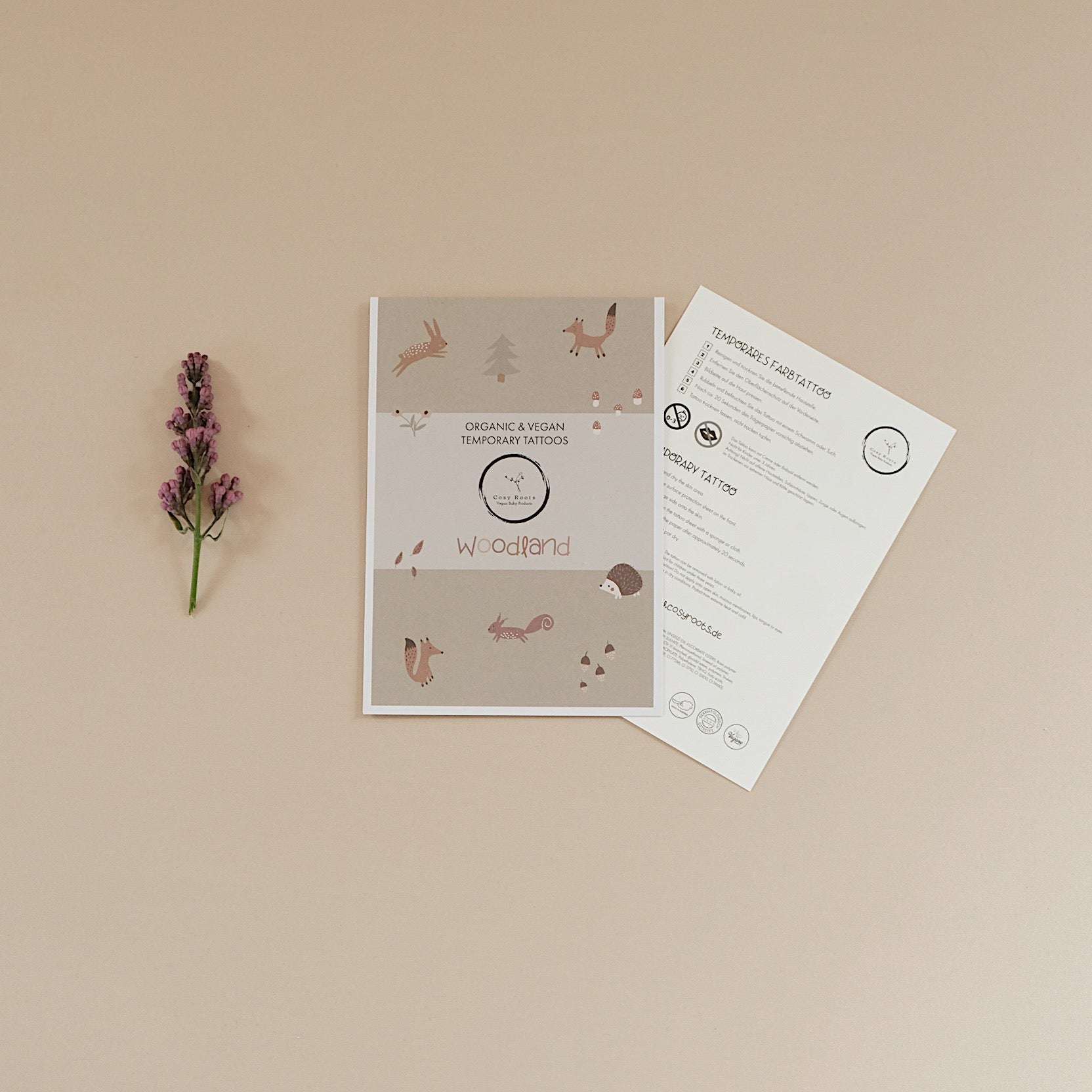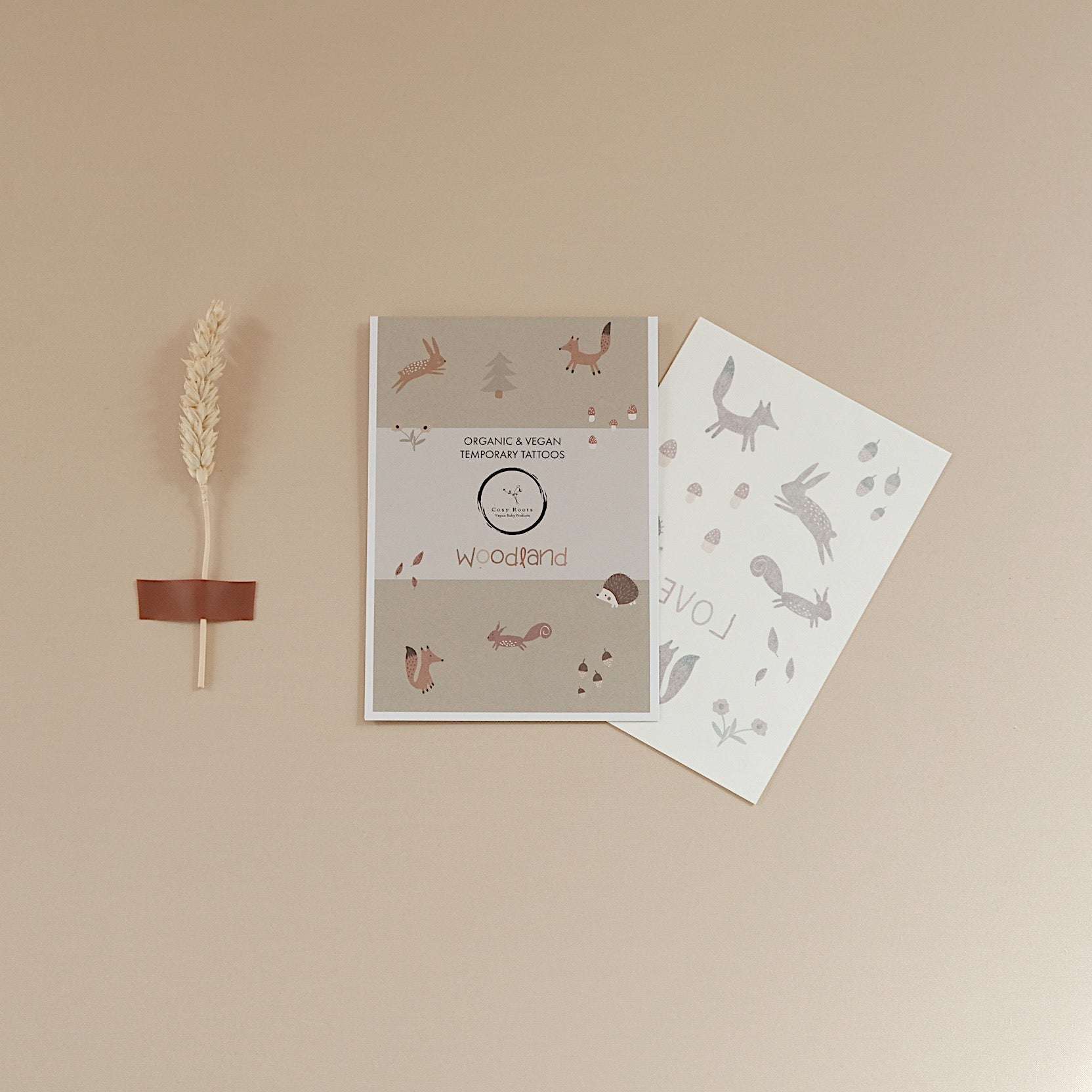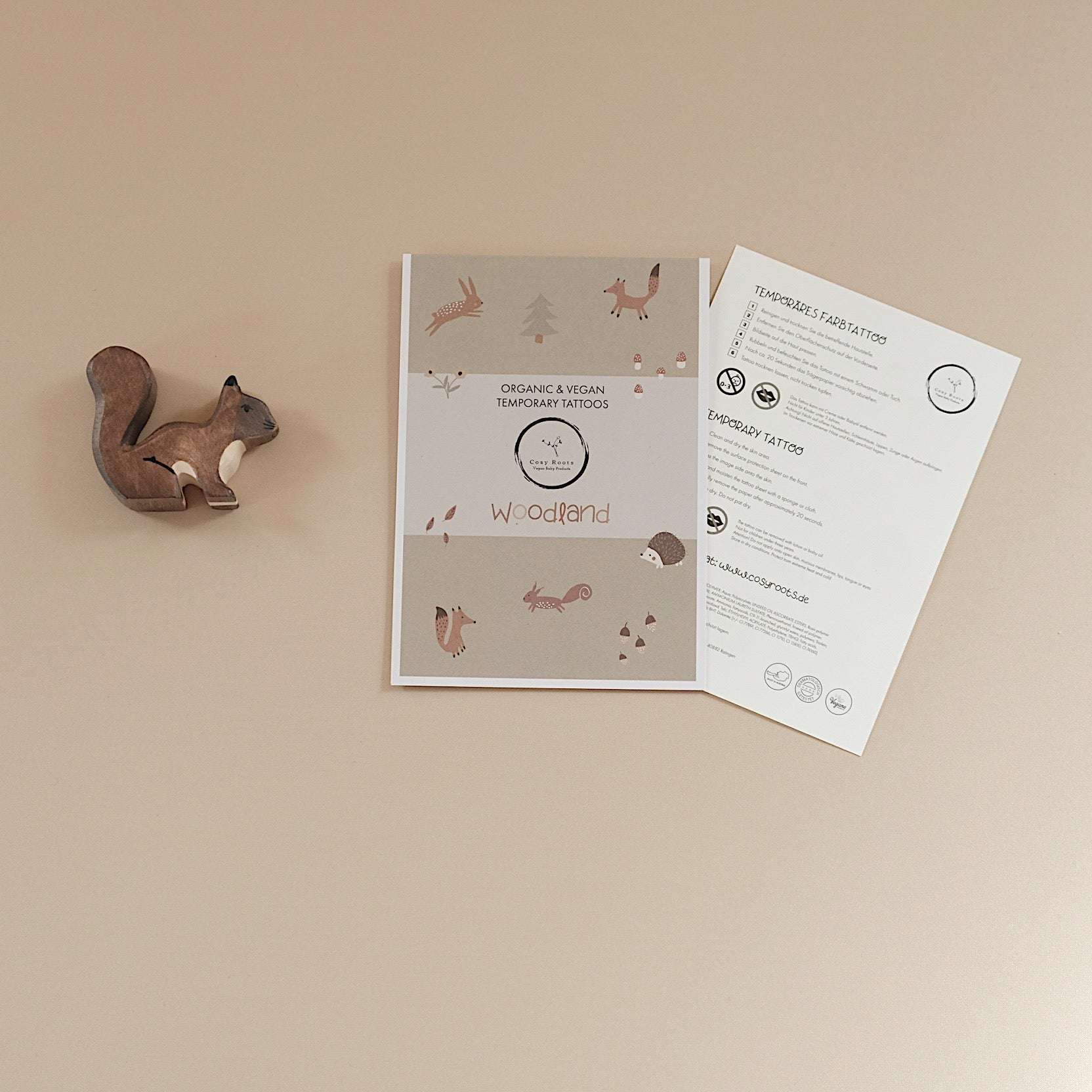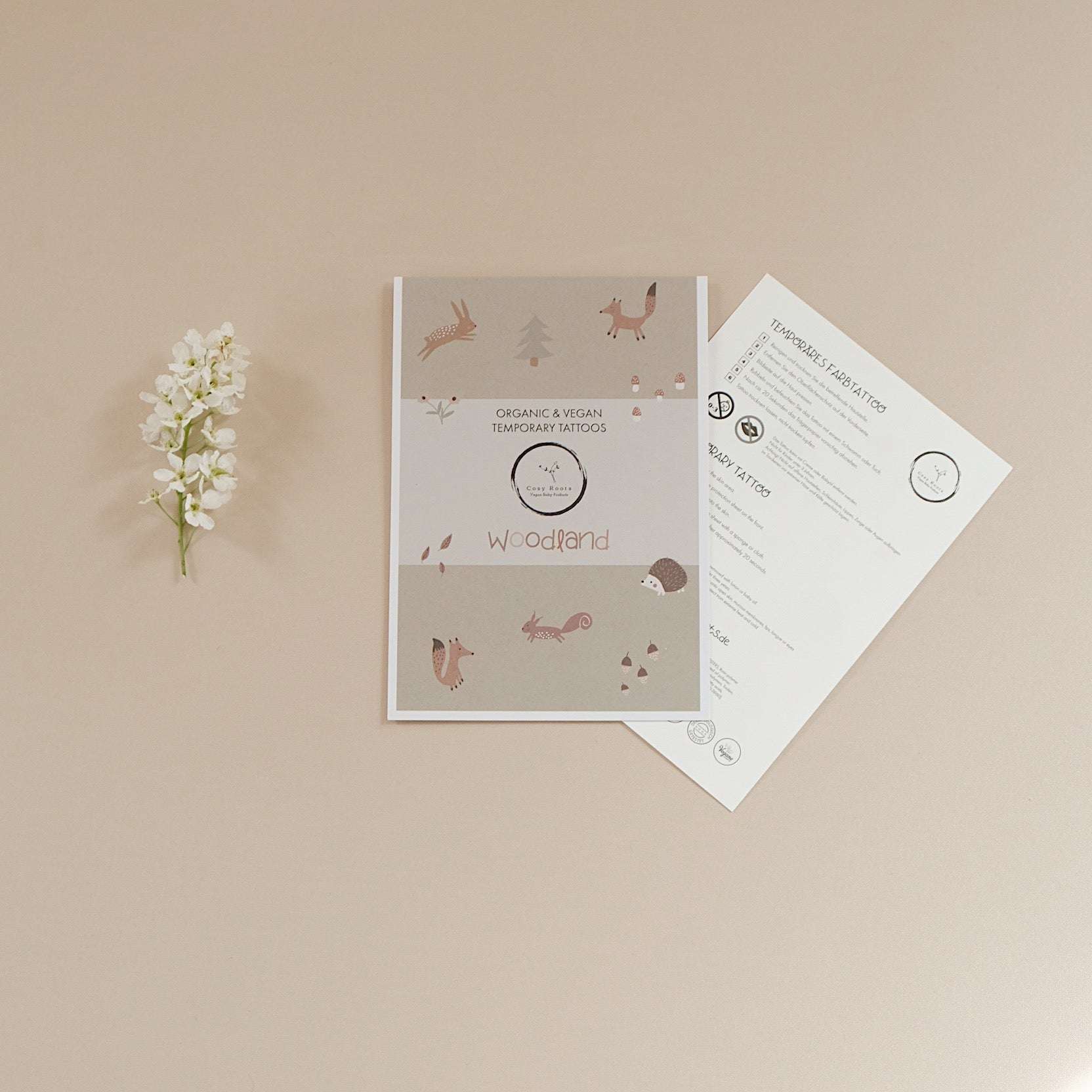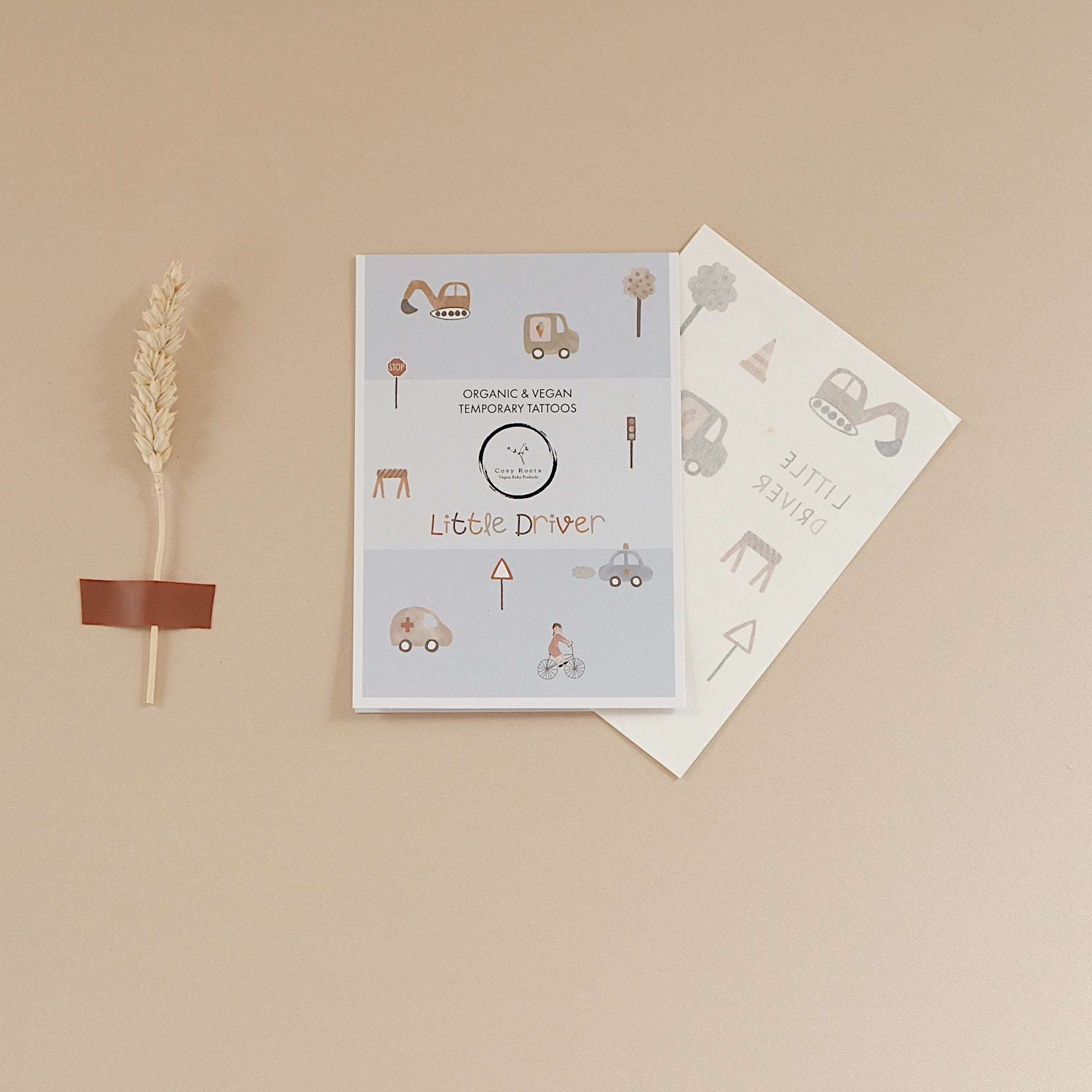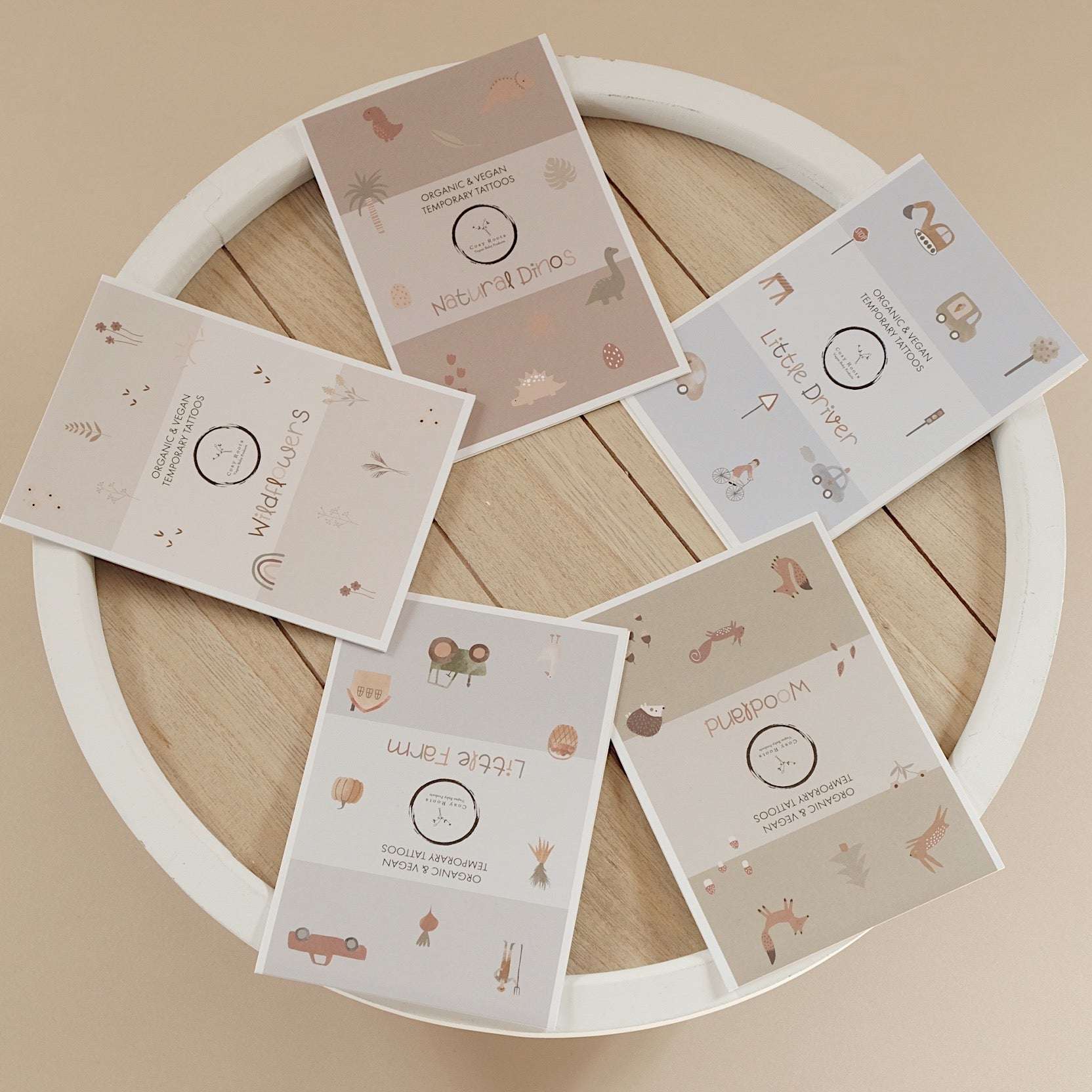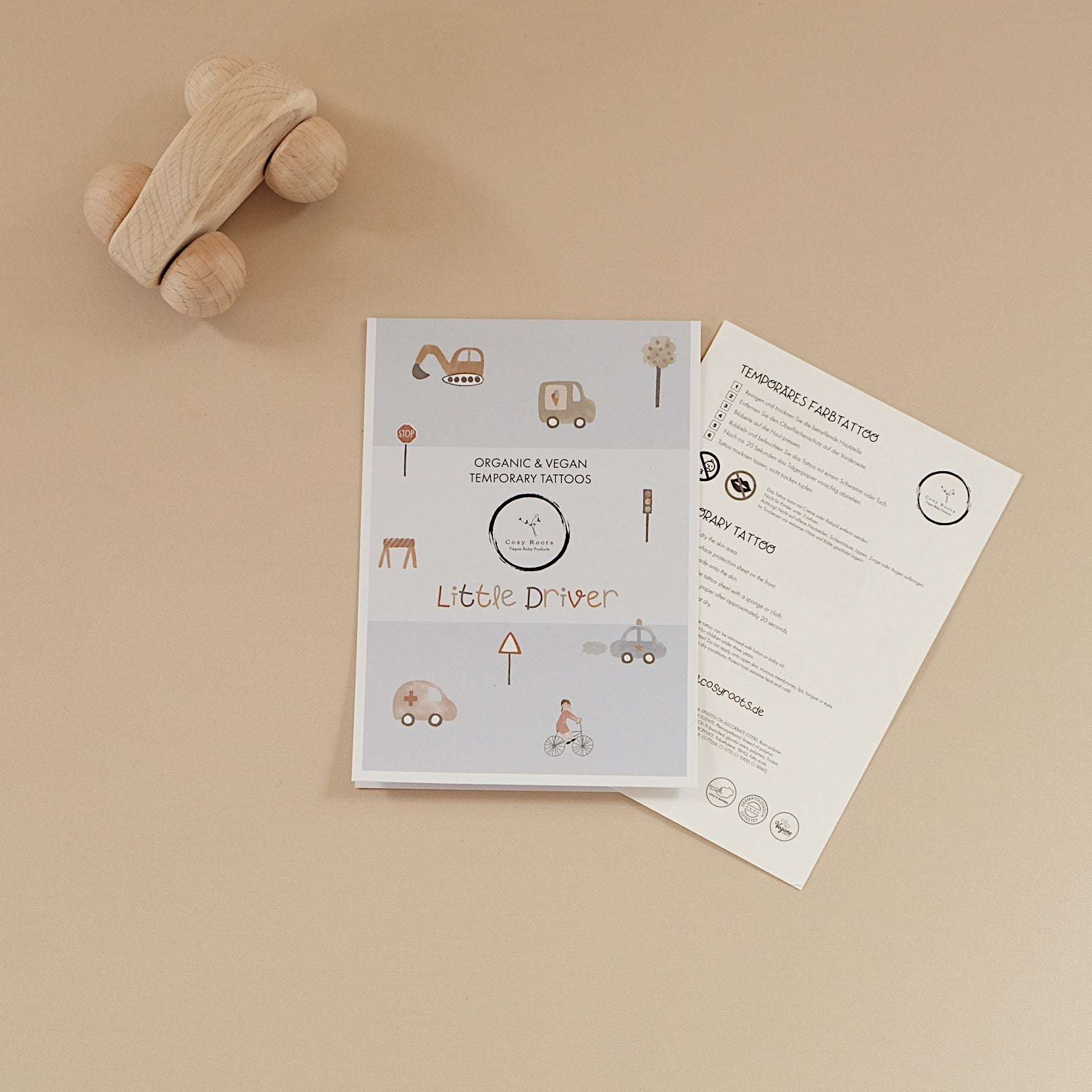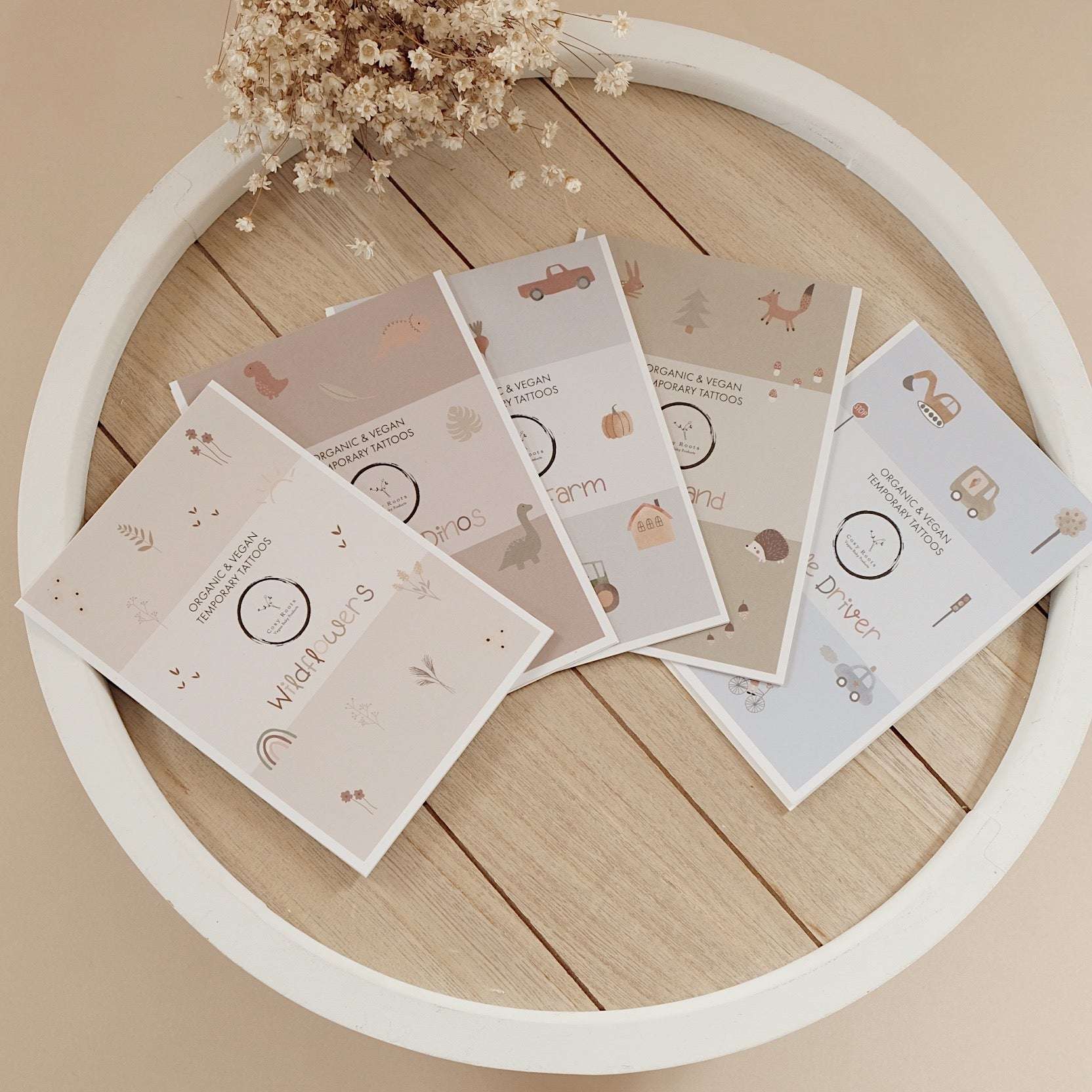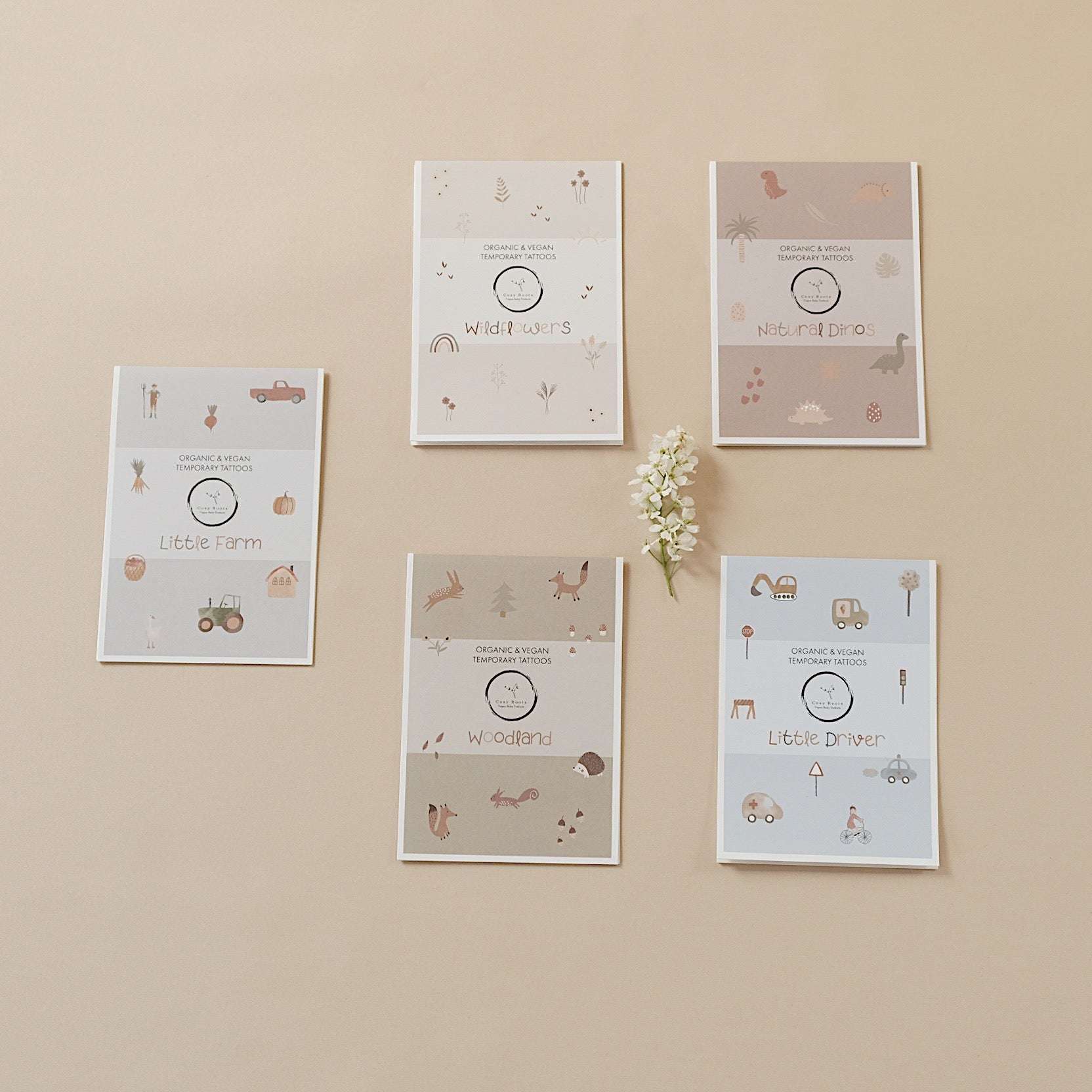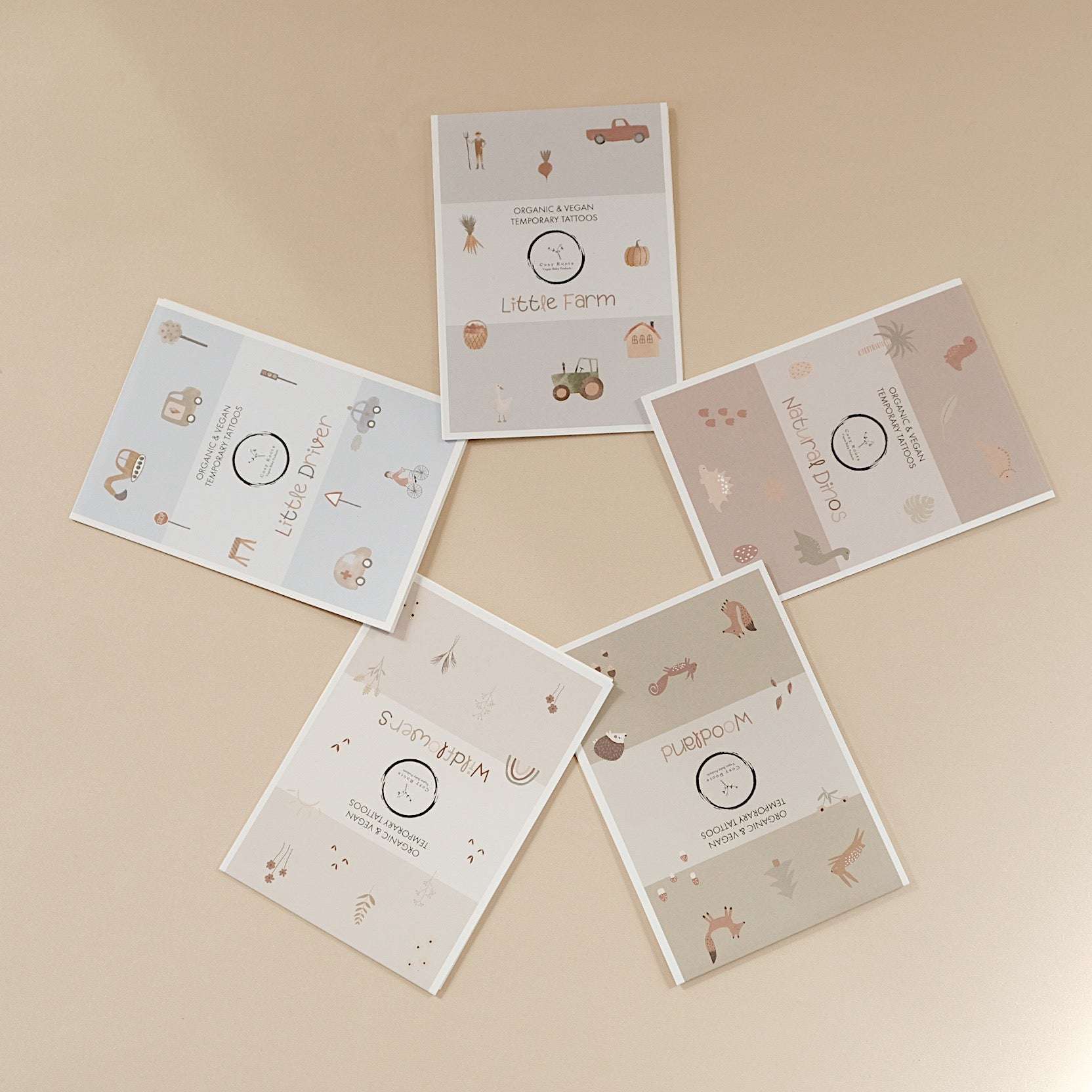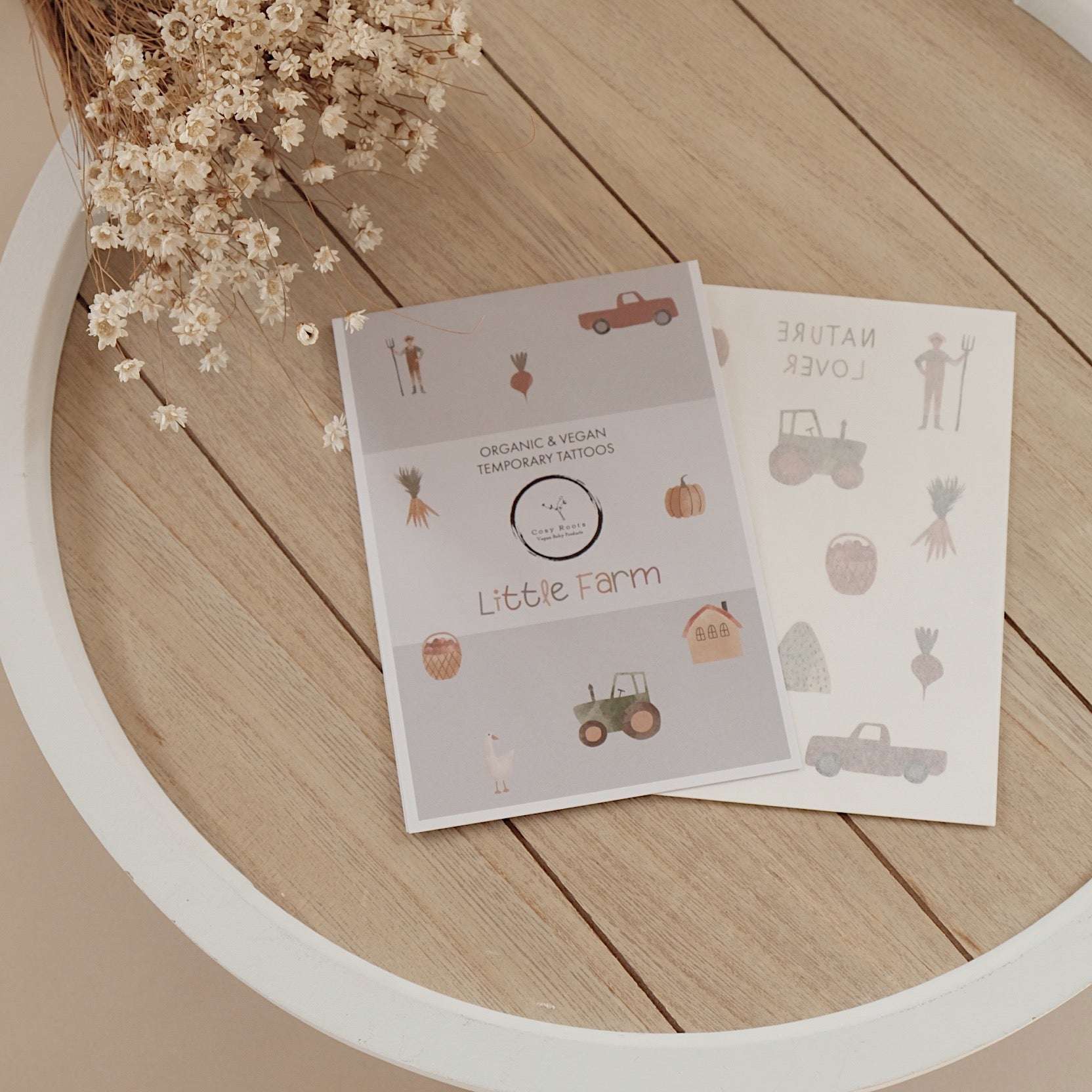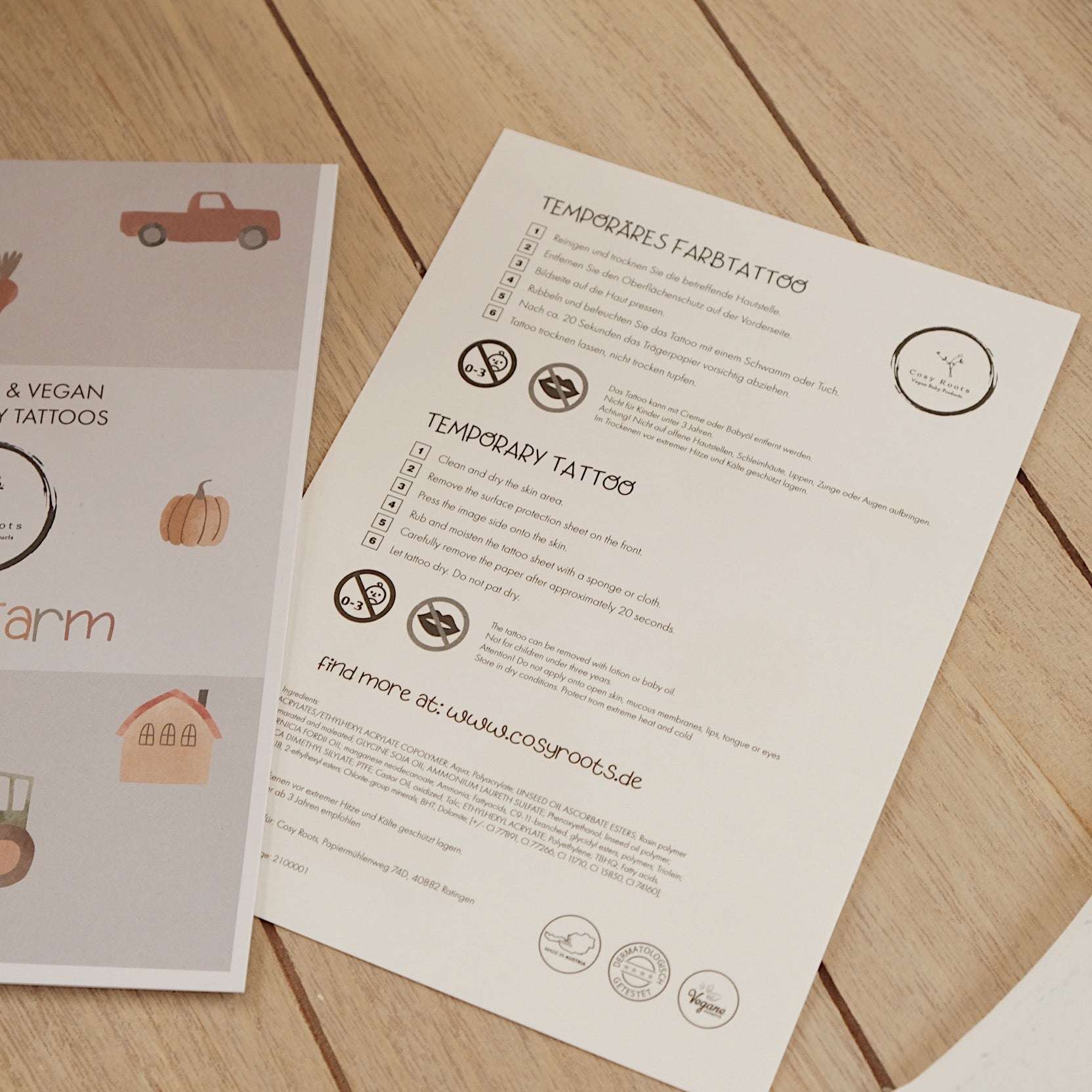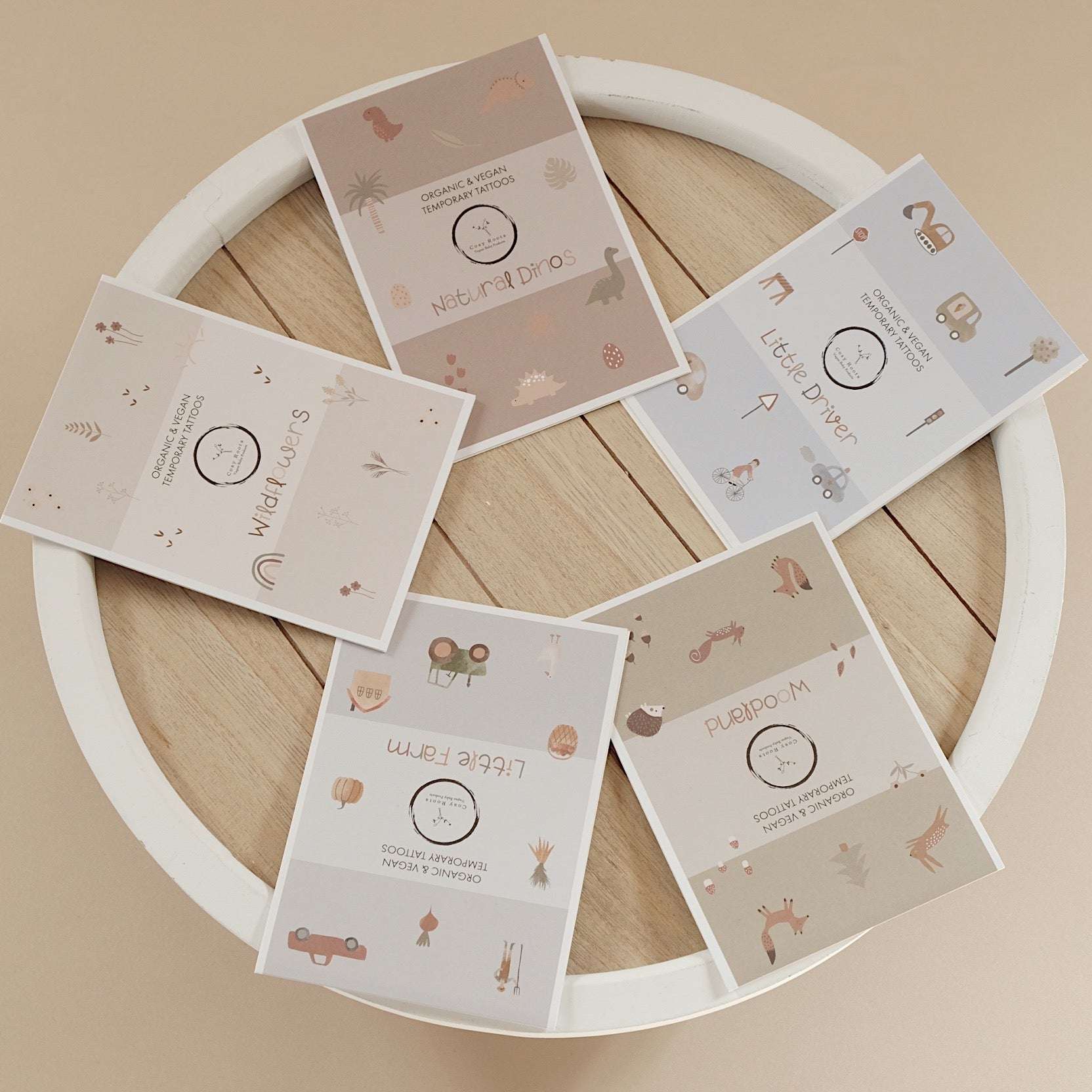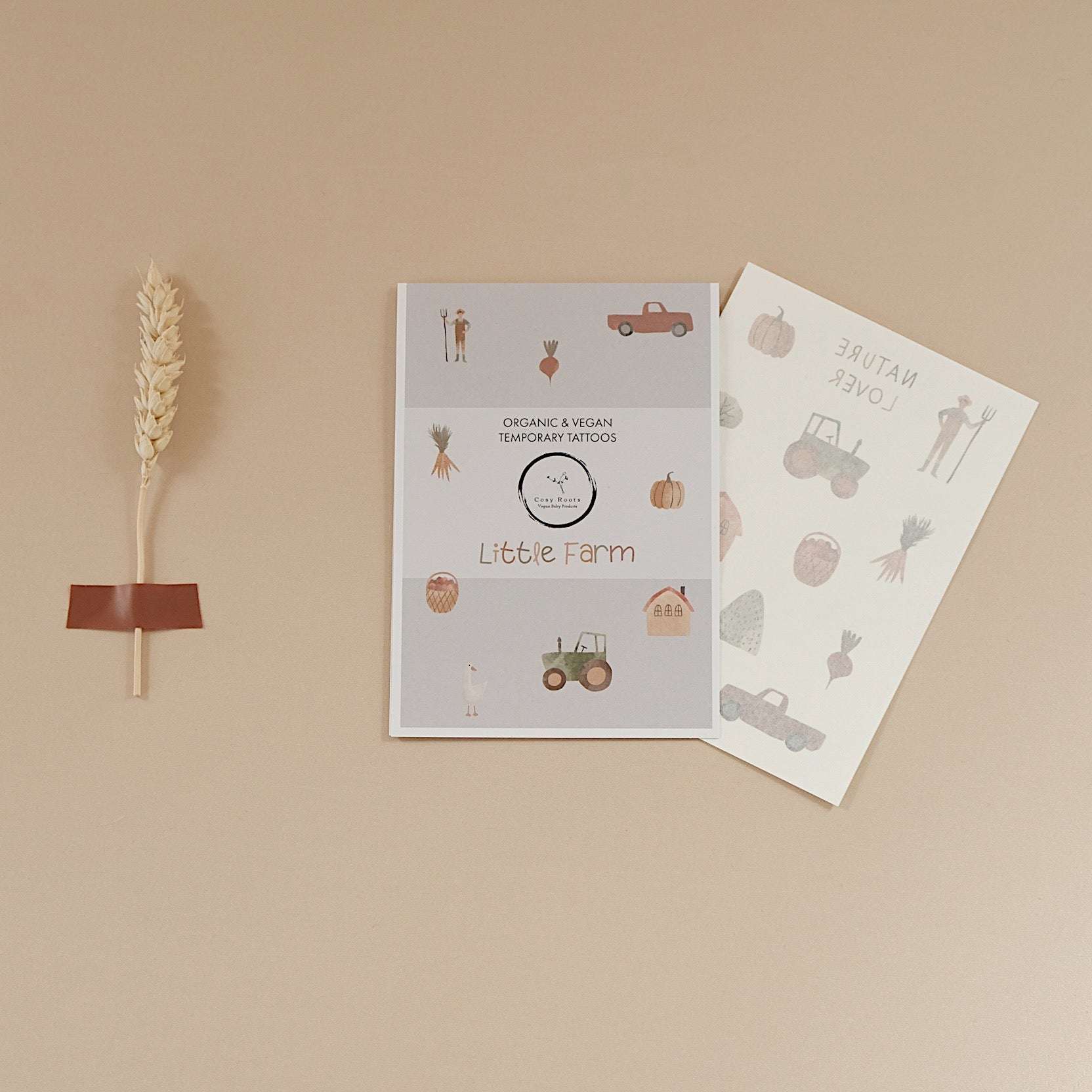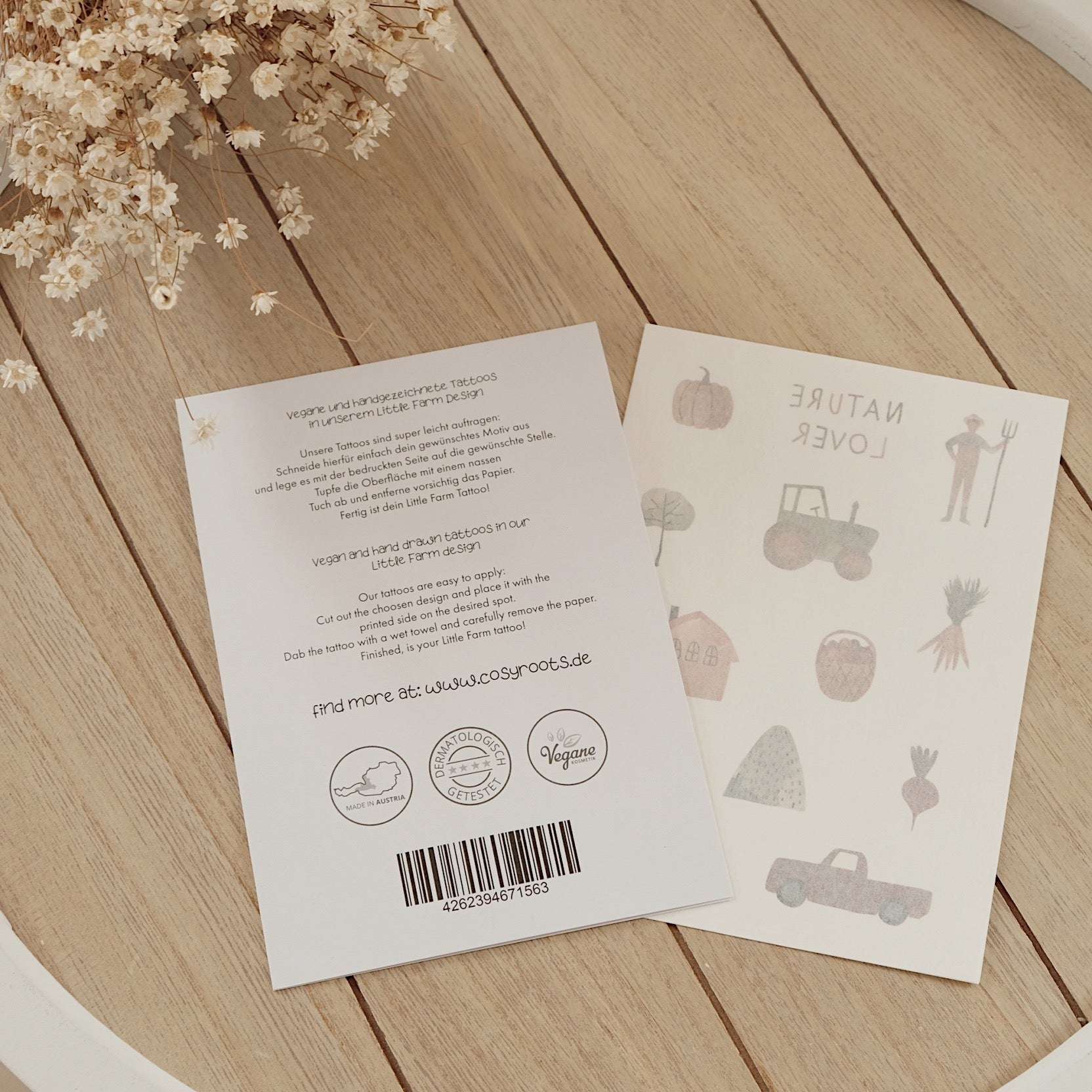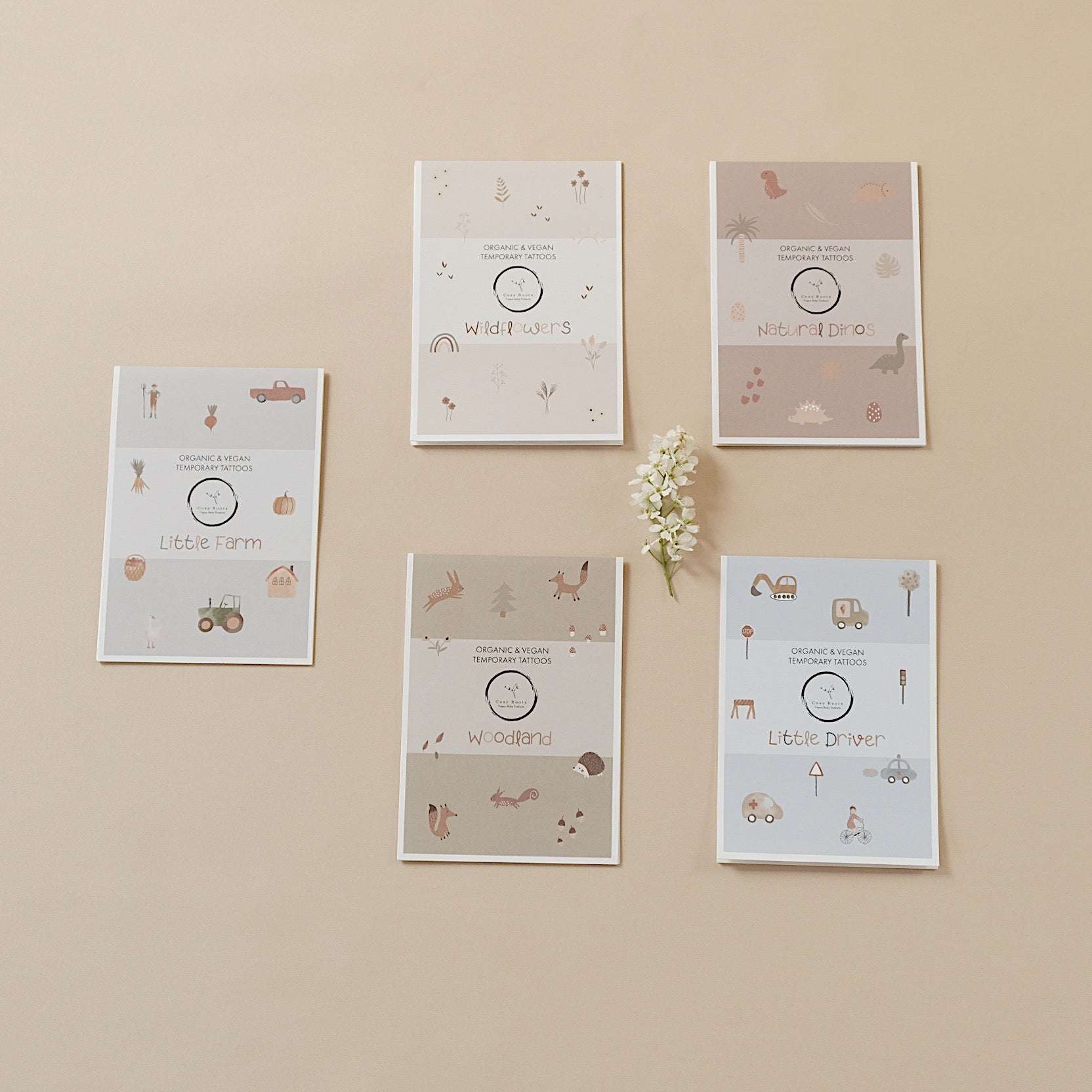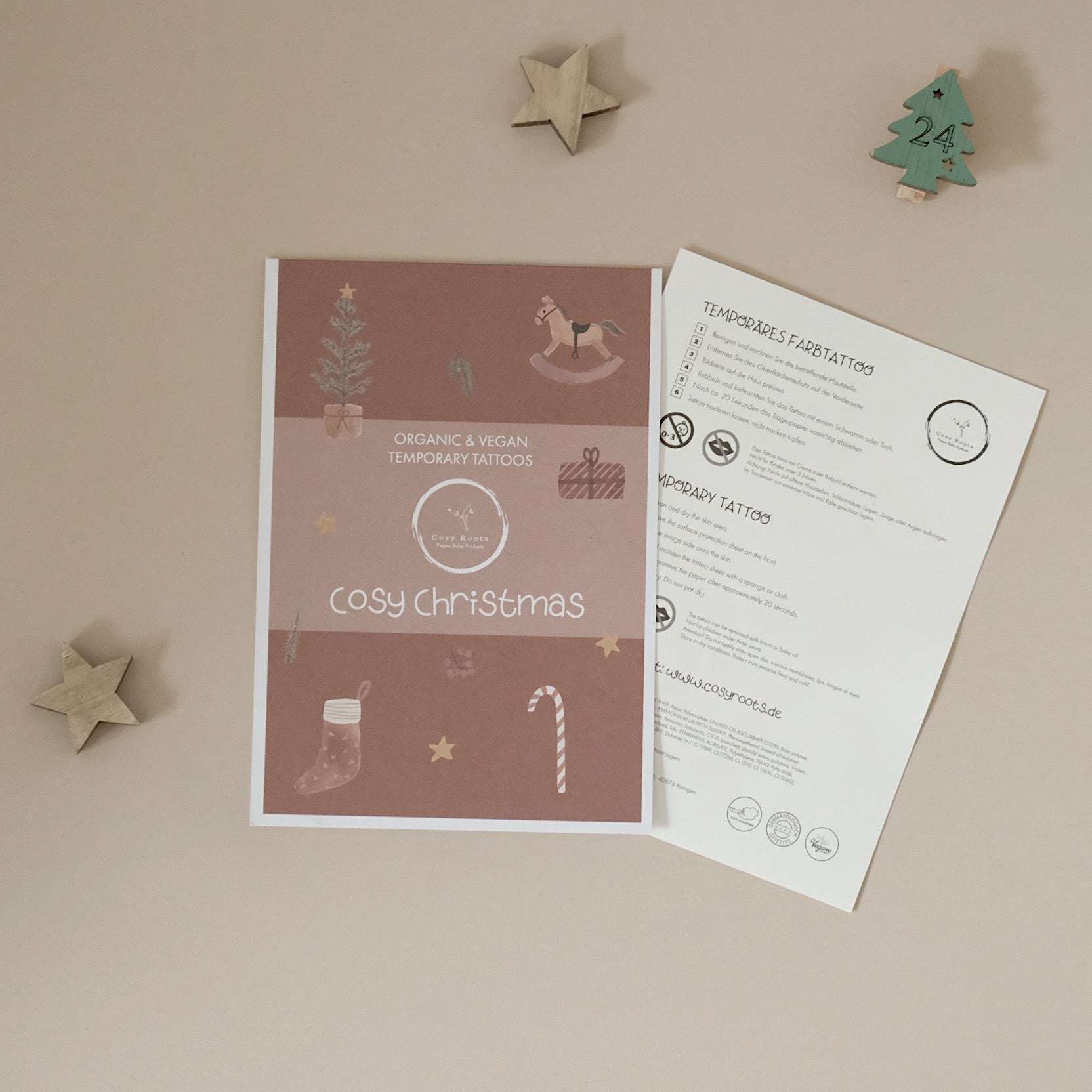In the past, vegan simply meant not eating or using any animal products. Finished. Today, however, vegan means much more. It goes far beyond nutrition and the renunciation of leather etc. and is more the designation of an attitude, a conviction, an attitude to life. By the way, around 1 billion people worldwide are vegan.
The reasons why people want to be vegan are very different and yet they go in the same direction. For some, the love for animals or the non-acceptance of the degrading living conditions of animals in the meat industry is the main reason. For other vegans, health aspects are crucial. For still others, transitioning to veganism is a general expression of a sustainable lifestyle. And still others find all three aspects equally important.
Veganism is an attitude, not a diet!
It's not always easy to be vegan. Hidden animal products are found everywhere - even in places where you often don't expect them, such as in cosmetics. When making a change, old habits and things that are taken for granted, such as wearing leather shoes, have to be given up. Visiting a restaurant is also often difficult, since many operators or cooks are not sufficiently familiar with vegan cuisine.
Would you like to live vegan with your family in the future? Then we would like to help you with our contribution. We have put together lots of tips and information for you.
The biggest hurdle: the transition to a vegan lifestyle
The transition from an omnivorous lifestyle to a vegan one is the most difficult time for most. On the one hand, this is because you first have to get used to a vegan life. On the other hand, it is often due to the fact that you are simply not yet very familiar with this area.
Take it easy Don't overdo the transition, and approach the process with caution and common sense. If you decide to go vegan, it also means that you have to throw away a lot and buy new ones. For most people it is financially impossible to throw away the leather shoes of all family members on a given day and replace them with new ones.
Take the pressure off yourself!
You don't have to go vegan in one step. Allow yourself a transition period of a few months - especially when making the change in all areas that go beyond nutrition. When it comes to eating, on the other hand, you can actually achieve a changeover from one day to the next. However, it is much better if you don't put yourself under so much pressure and take it slow. Gradually replace your dishes with vegan alternatives. This can also take a few weeks.
All family members should also really want to participate
If it is possible, all family members should be consciously convinced of the change. Ideally, a pediatrician or a vegan nutritionist should be consulted before making the change so that the process can be carried out safely and without any problems.
Have intensive discussions about it in the family. Discuss all aspects of the transition and become aware of the many benefits. But also talk about possible difficulties and problems. If a family member flatly refuses to go vegan, you won't be able to force them. And that doesn't help either.
From now on there will only be vegan food at home, but outside the apartment this person will eat what they like and maybe continue to wear leather shoes. So talk about how you want to deal with each other and how you will respect each other's way of life.
The vegan diet
One of the main aspects of a vegan lifestyle is, of course, the food. This is where the difficulties begin for many people switching. It's less about knowing what not to eat and more about what you need to eat to provide your body with enough nutrients.

The vegan food pyramid helps with this. It gives an indication of which vegan foods you should eat and in what ratio. Specifically, the recommendations are as follows:
- Get plenty of exercise and drink at least 1.5 liters of water a day.
- Eat 300g of fruit and 400g of vegetables daily.
- Eat four servings of potatoes, grains and whole grain products daily.
- Eat legumes, nuts, seeds and seaweed several times a week.
- Consume only good fats and very little alcohol and sweets.
|
Tip #1 It is best to make a meal plan (along with a shopping list) for the whole week. This way you can't forget anything and keep track of the nutrients and levels of the pyramid.
|
|
Tip #2 Combine vegan and sustainable into an overall concept. Just because you're vegan doesn't mean you're also completely sustainable. When selecting the dishes and products, consider other aspects such as regional producers, a seasonal selection of vegetables and fruit, fair trade products and many organically certified foods.
|
Vitamin B12 and other possible nutrient deficiencies
Some nutrients are (almost) only found in sufficient quantities in animal products. This is partly due to the way our food is processed these days. For this reason, you should pay attention to what foods you eat and what nutrients they contain.
As with an omnivorous diet, as a vegan you also have to pay attention to a balanced diet. So you need to know where to get the nutrients you need. However, vitamin B12 is hardly found in plant foods and should therefore be supplemented. It is best to get advice from your family doctor.
iron
Let's take iron as an example. In the meantime, scientists have found out that there are different forms of iron and that the so-called "non-heme iron" from plants can only be utilized by our organism to a twentieth part. So even if the iron content of spinach is 3 mg per 100 g of spinach, the body can only absorb 0.15 mg of it. In order to cover the daily requirement of 10 mg, you would have to eat almost 7 kg of spinach per day. Of course, there are also vegan foods that provide you with enough iron. So that there is no nutrient deficiency here, you have to be well informed about the different foods and their properties.
|
Tip #3
A simple way to prevent a possible undersupply of these nutrients is to use appropriate dietary supplements. But make sure that these are labeled as vegan and do not contain lactose, for example .
|
|
Tip #4 Don't be misled by the idea that every vegan product is automatically healthy. French fries are vegan, but anything but healthy. In addition, many vegan ready-made products contain a lot of fat, sugar and flavorings, for example to imitate the taste of meat.
|
|
Tip #5 For many of your favorite recipes, you can simply use the appropriate vegan substitutes for milk (e.g. almond or oat milk), eggs (powdered vegetable protein), butter (vegan margarine), cheese (vegan cheese). These taste at least as good as those made from animal raw materials.
|
Vegan everyday life
In addition to diet, many other things play a role in a vegan lifestyle. Let's pick out two aspects: clothing and personal care.
Vegan clothing
As a vegan you reject all animal products, including wool, leather and silk. When making the transition to a vegan lifestyle, you shouldn't throw away all those clothes right away, because that would not only be expensive, but also not really sustainable . The pieces are here. Maybe start with the pieces that you don't like or don't fit that well anymore and gradually work your way up to your former favorite pieces over time.
|
Tip #6 Don't just throw away clothes. For example, try selling them at a thrift store or swapping them with a buddy or girlfriend. Of course you can also give them away or donate them. Anything better than throwing them away.
|
The same goes for shoes, of course. Replace your shoes as well as your clothes with vegan alternatives one by one. In the meantime there are really many fashion labels that completely do without leather, wool and other animal materials.
body care and cosmetics
When it comes to body care and cosmetics, there are two aspects to consider. On the one hand there are products in which animal raw materials have been processed, such as shampoos with milk products or honey.
On the other hand, you should think about animal welfare and make sure that the products were developed without animal testing. But that can be a little tricky. Although animal testing for cosmetics has long been banned in the EU, there are still companies that continue to carry out animal testing in other countries, for example. Here you have to do a little internet research to make sure that you do not buy such a product.
Of course, the producers have also recognized the general trend and are increasingly offering a vegan seal or an entire vegan care or cosmetic series.
Vegan diet in children
Eating a vegan diet for children should be well prepared Children have different nutritional needs than adults. The growth and development process of children requires a lot of energy, vitamins and nutrients. It is therefore particularly important to consult the pediatrician or consult a vegan nutritionist.
|
Tip #7 To be absolutely sure that your child is doing well and staying healthy on a vegan diet, you should have regular medical examinations and blood nutrient levels measured.
|
Is breast milk vegan?
A nice reflection at the end of our contribution: if you look closely, we humans are also animals. And even if we eat vegan (after all, cows do that too) doesn't automatically make human breast milk vegan, does it?
But honestly, what is it about when we want to do without animal products? It's about animal welfare. The point is that they are not exploited for our purposes. The point is that we don't take away from a mother (cow) the milk that she actually produces only to give to her calves (who were taken away from them).
And that's very different with breast milk. Of course it comes from an animal (because we humans are animals by definition too), but the mother produces it just for the baby who gets the milk. And the mother was not forced to be artificially inseminated, does not have to live in prison and is not forced to give up her milk.
|
Tip #8 Not only is it perfectly okay for vegans to feed their babies breast milk, it is highly recommended.
|
We'd love for you to tell us about your experiences of transitioning your family to a vegan lifestyle. Please send us an email!








